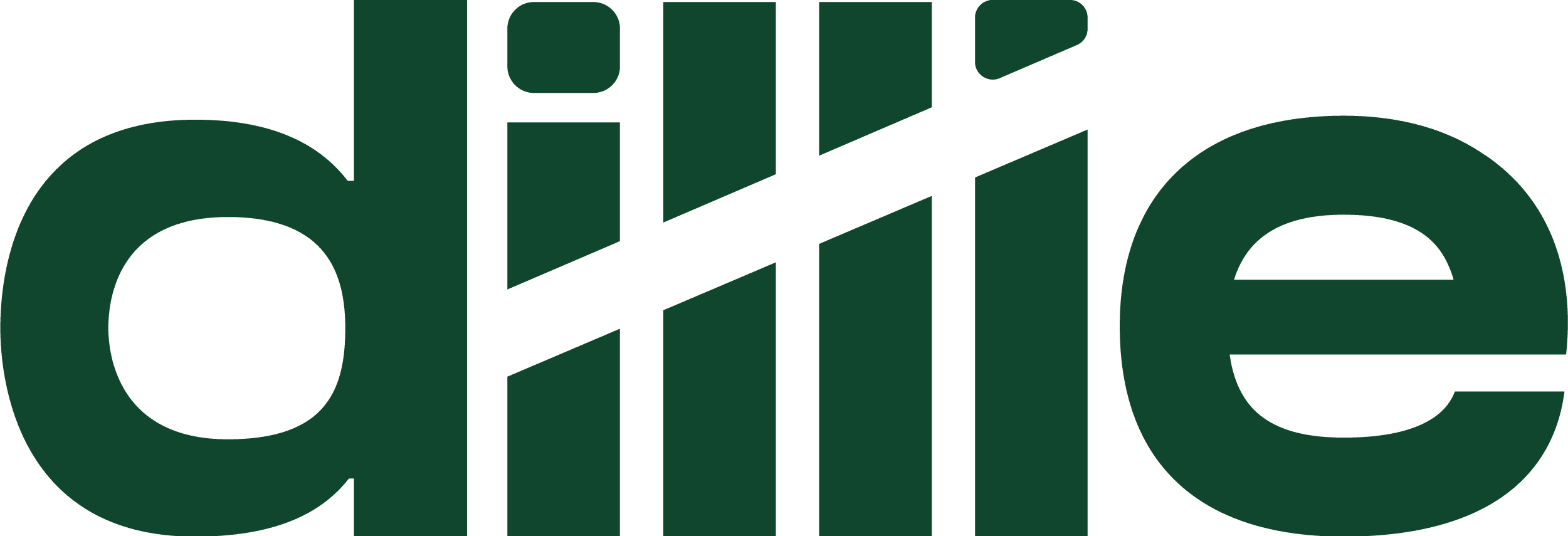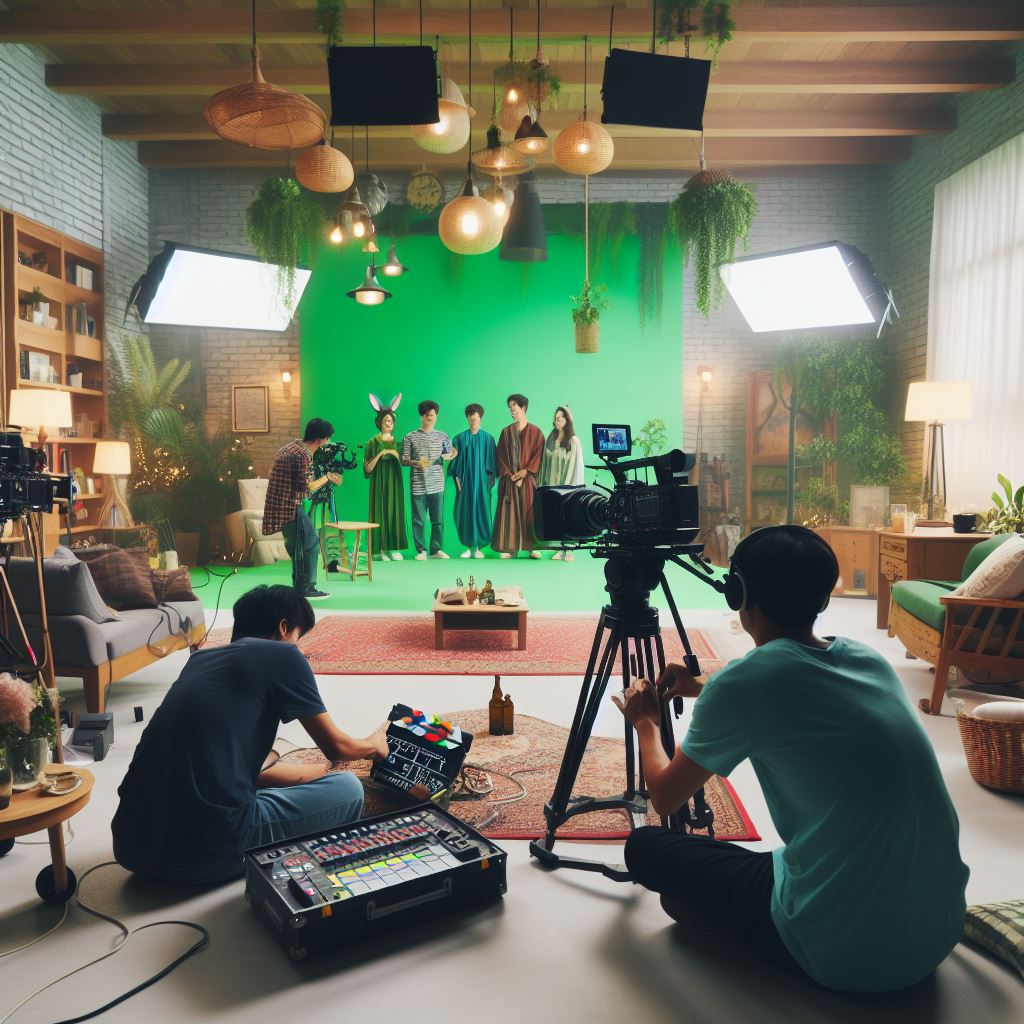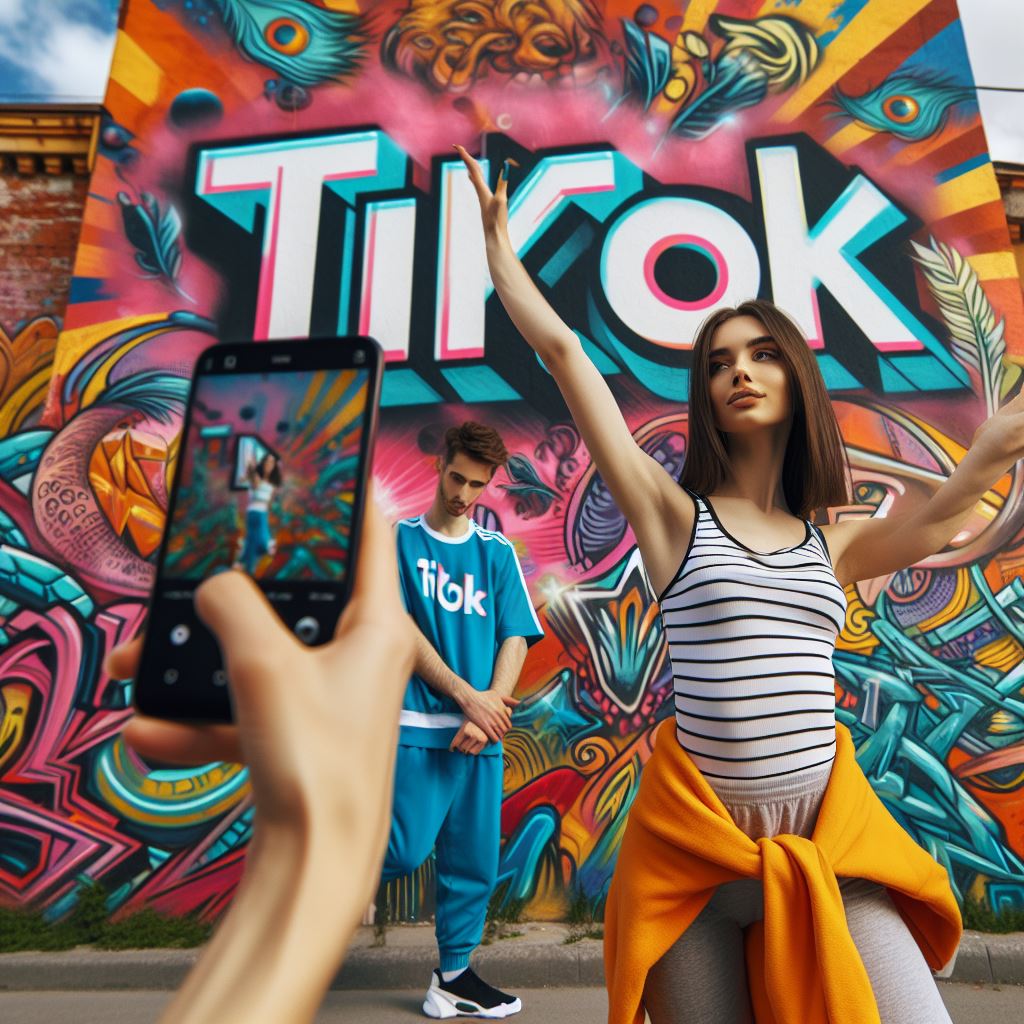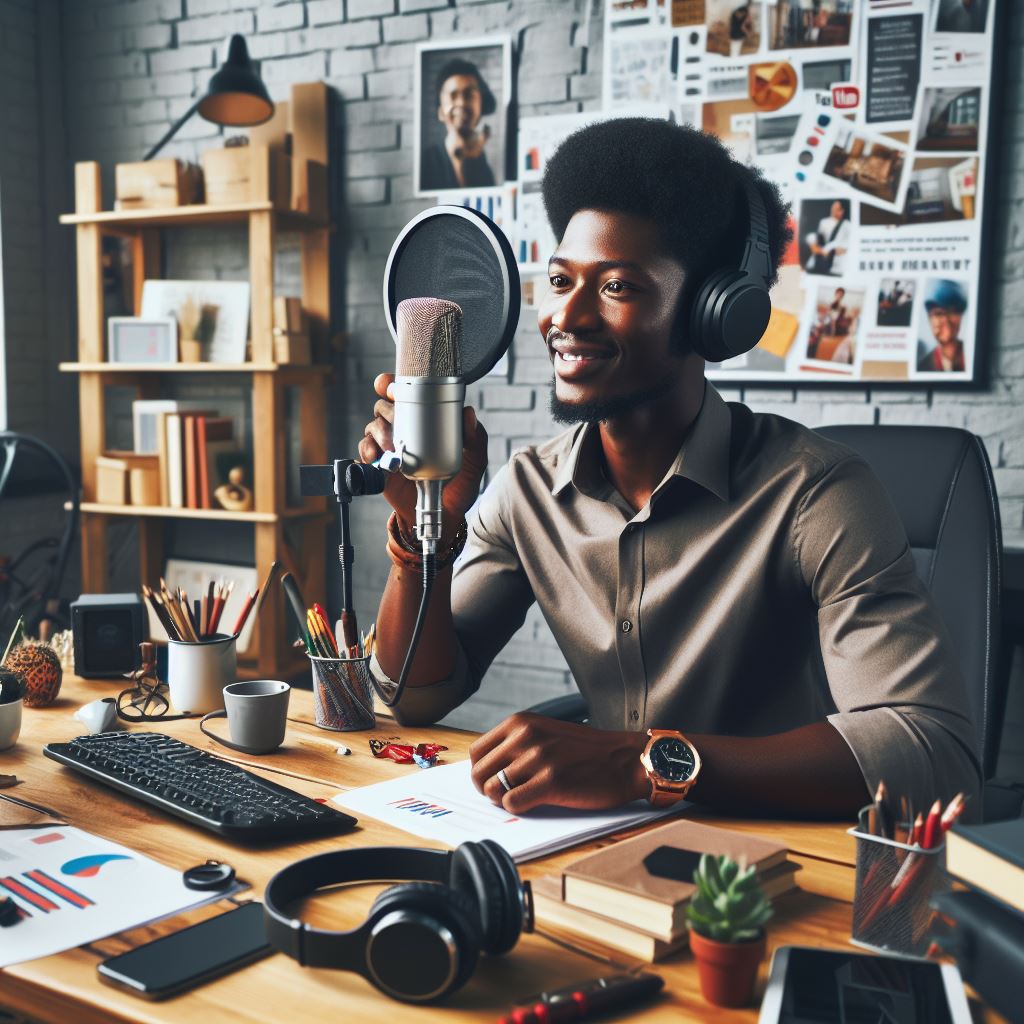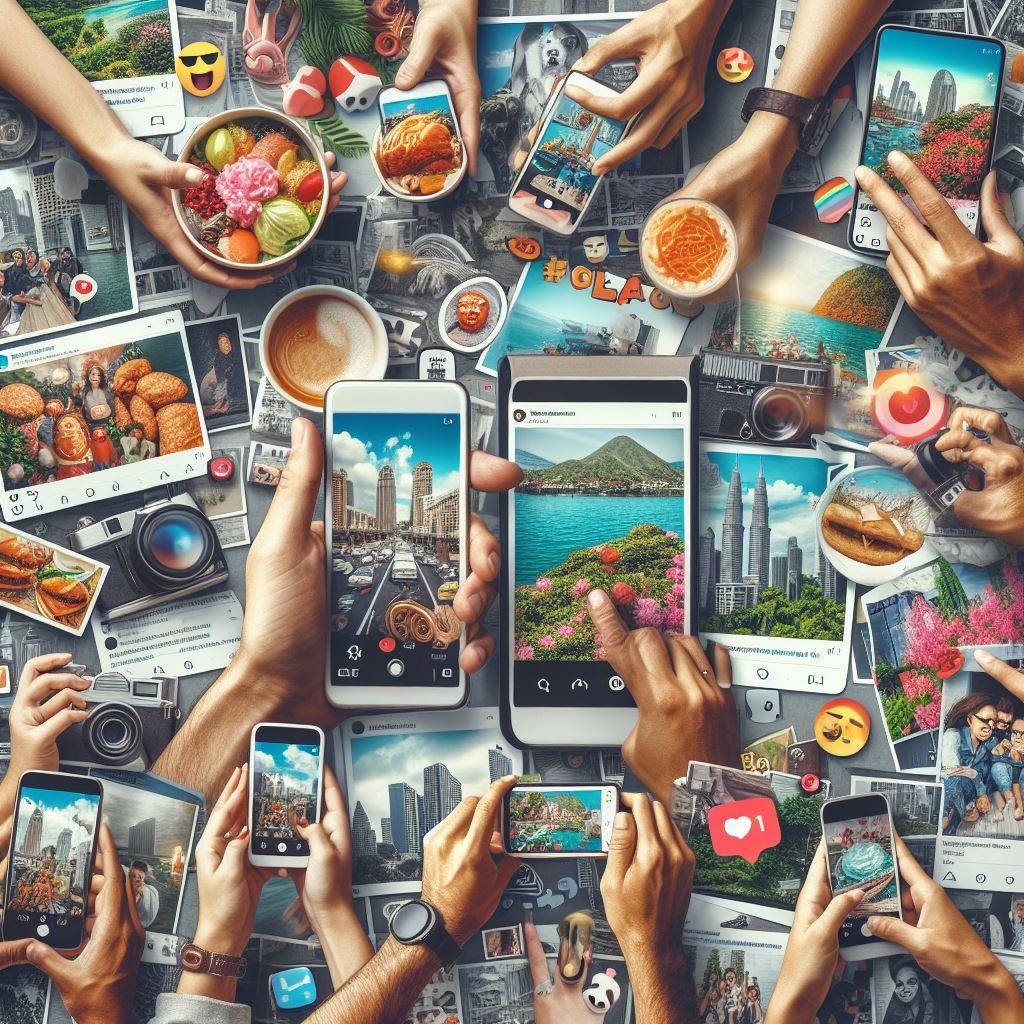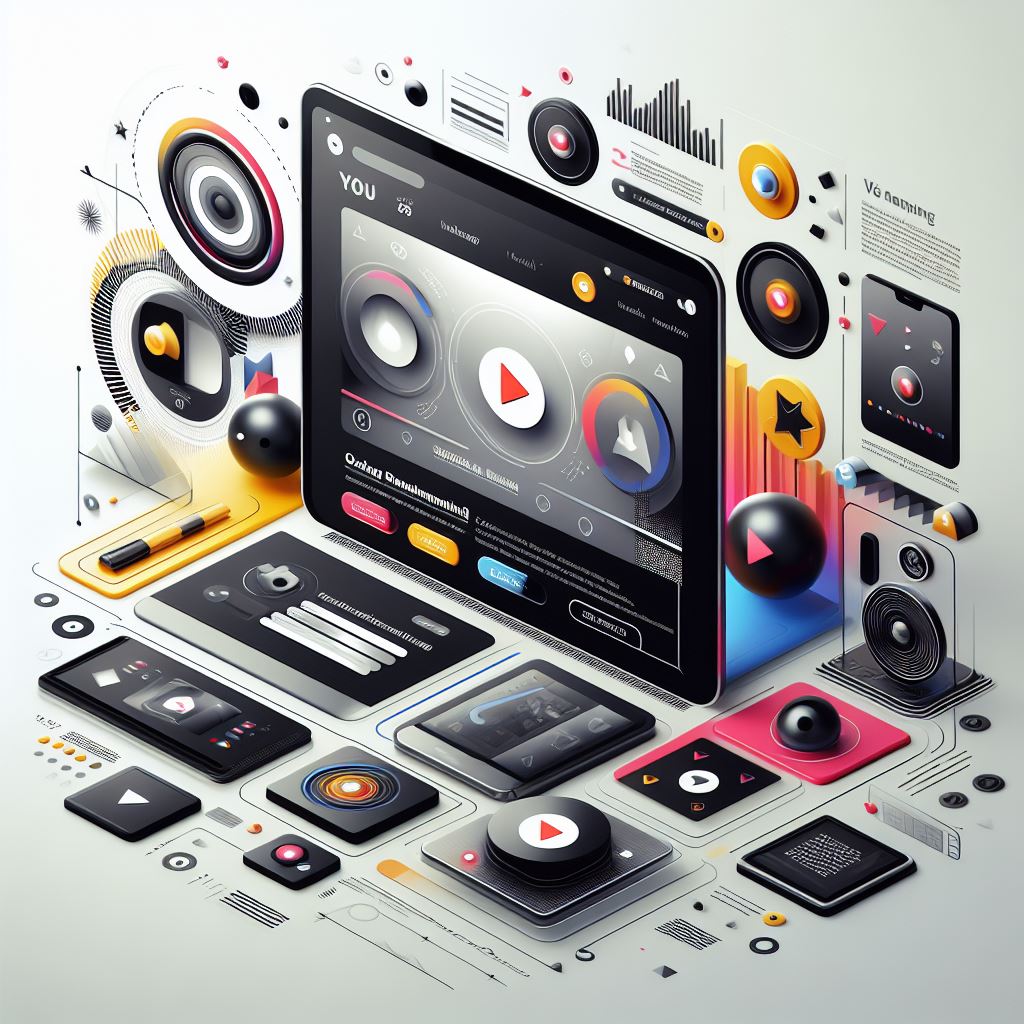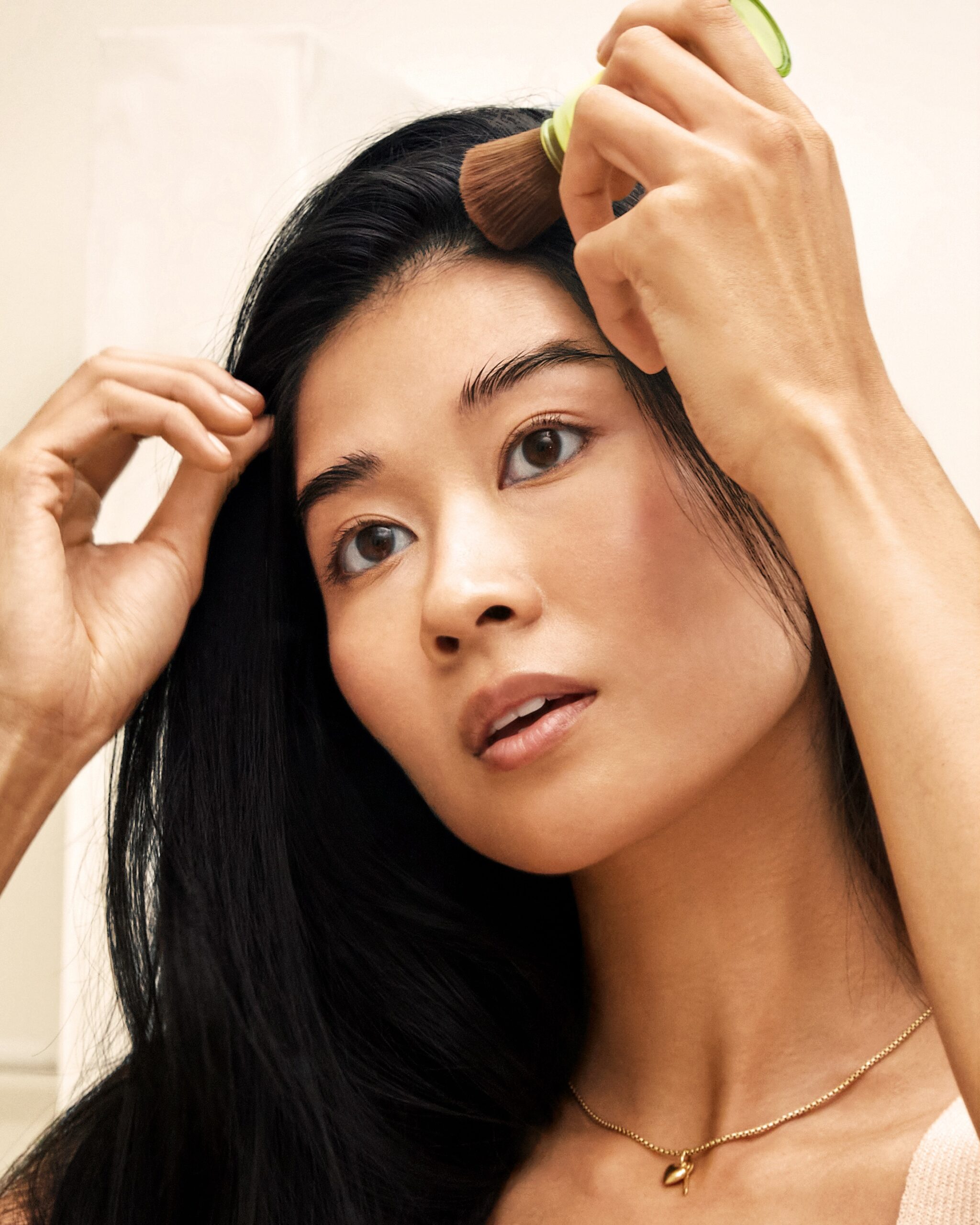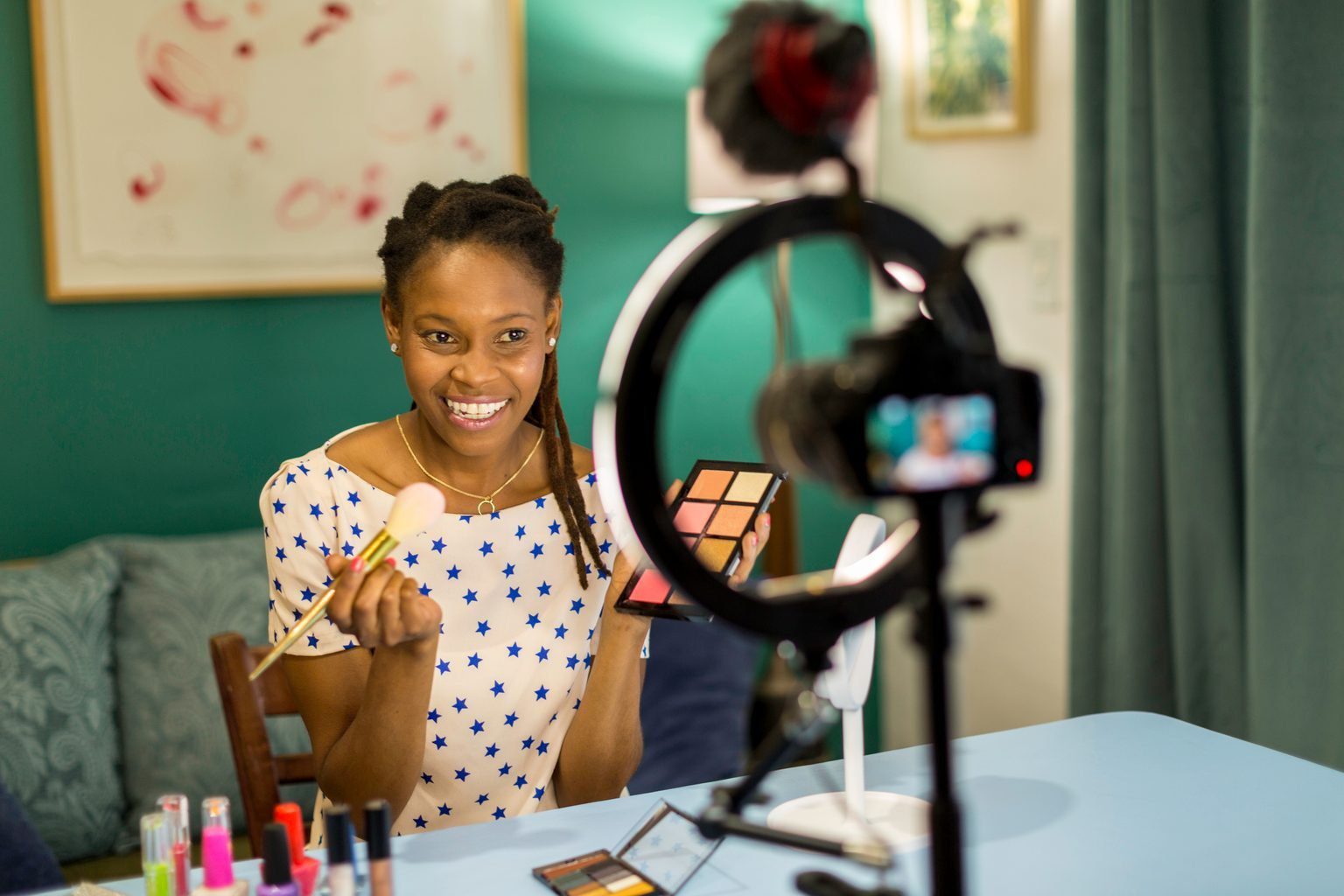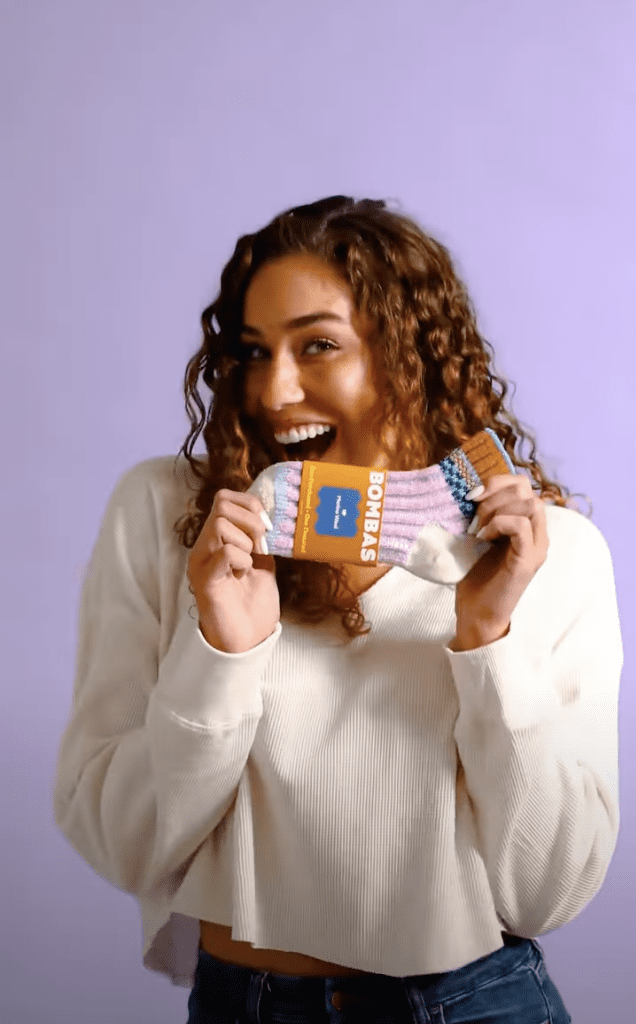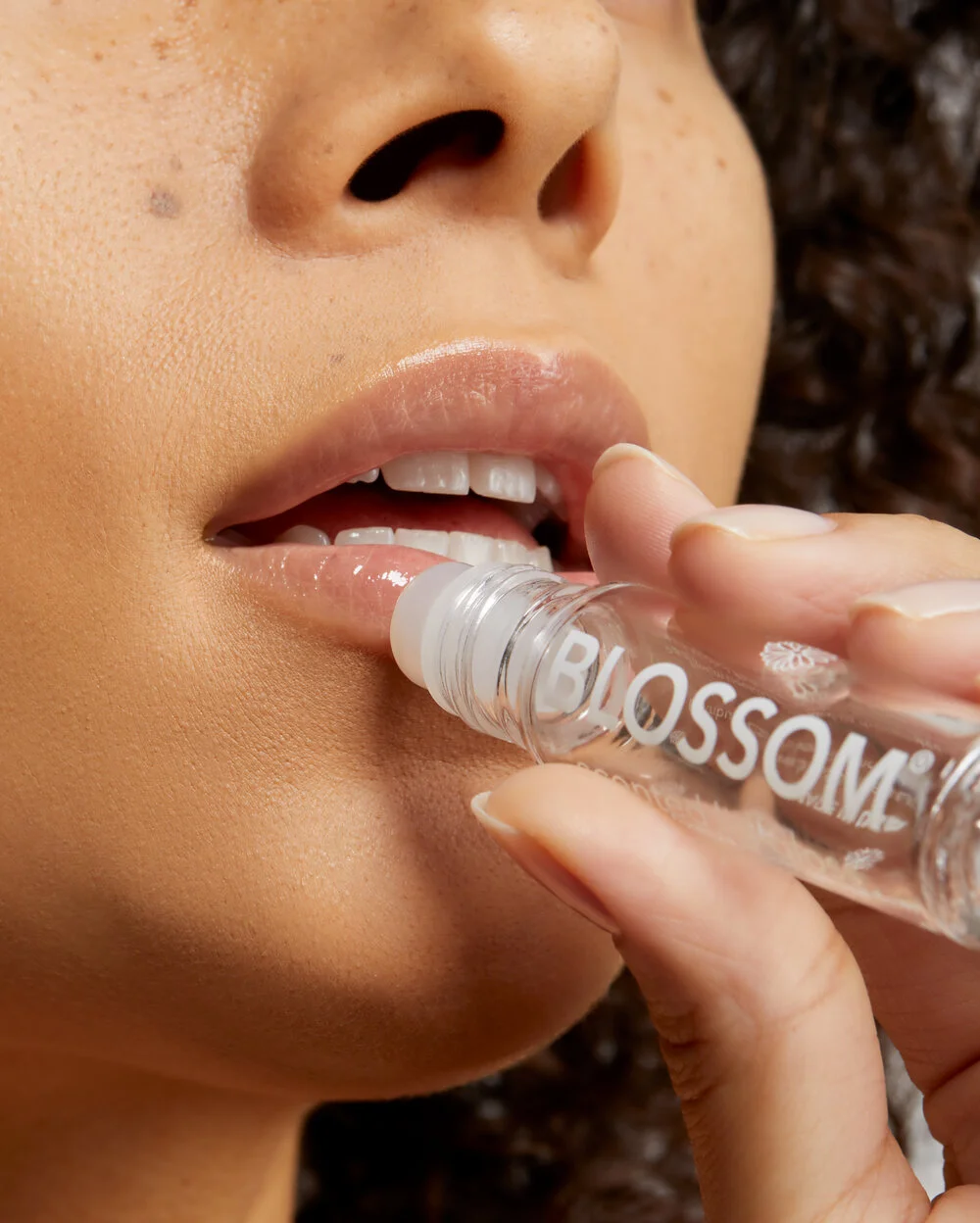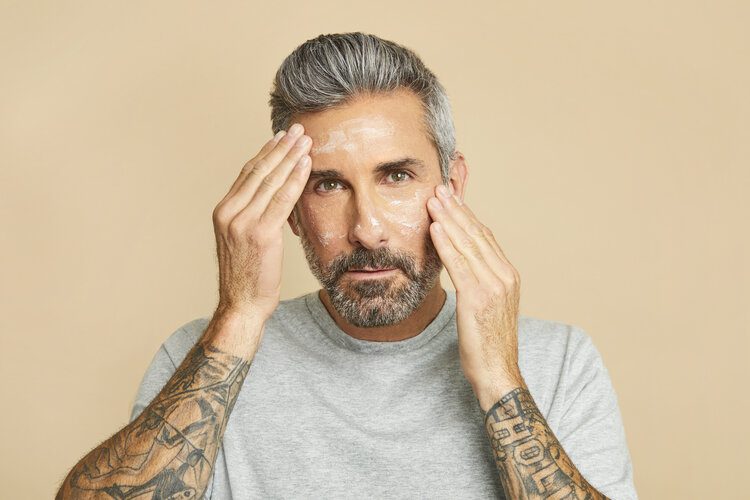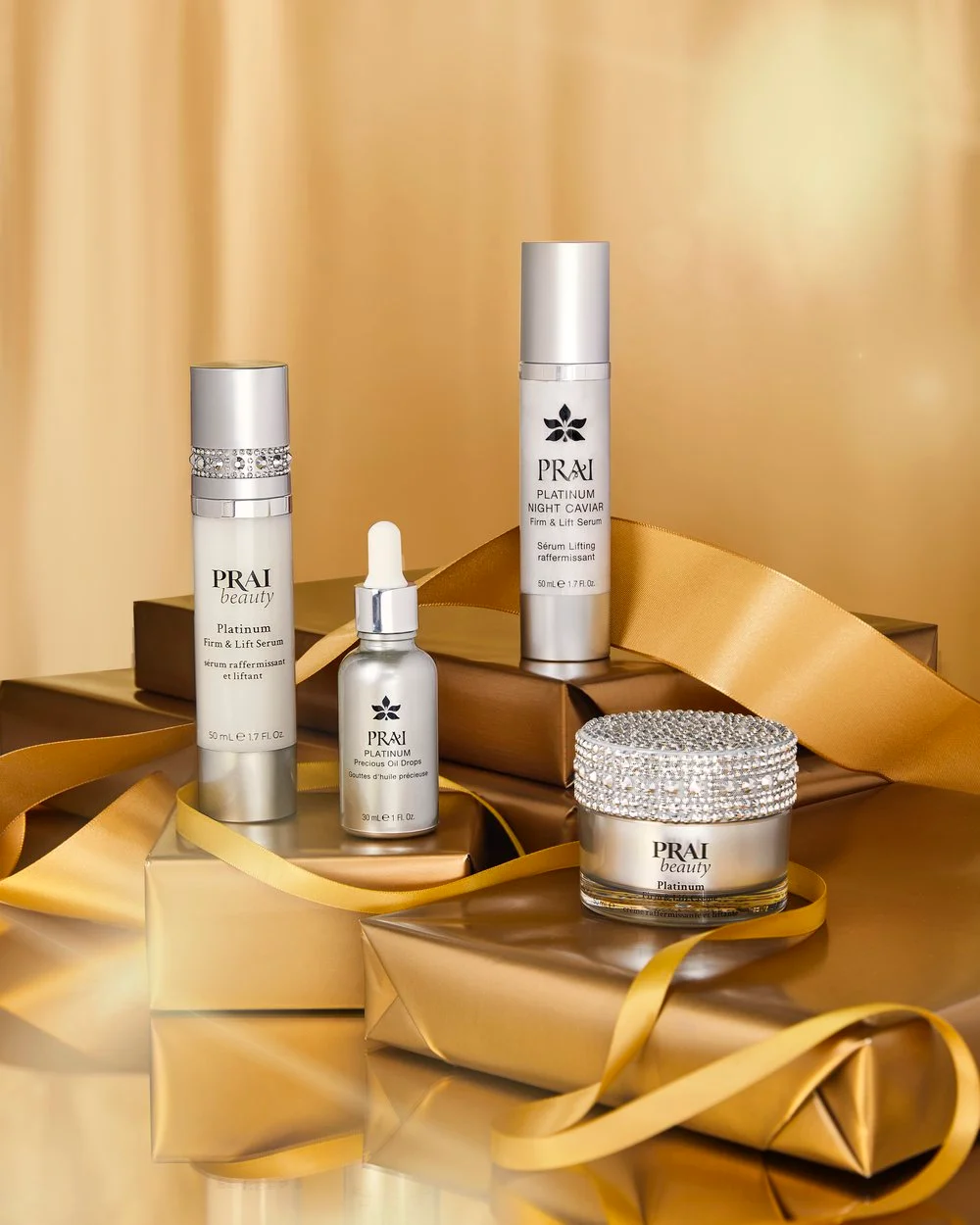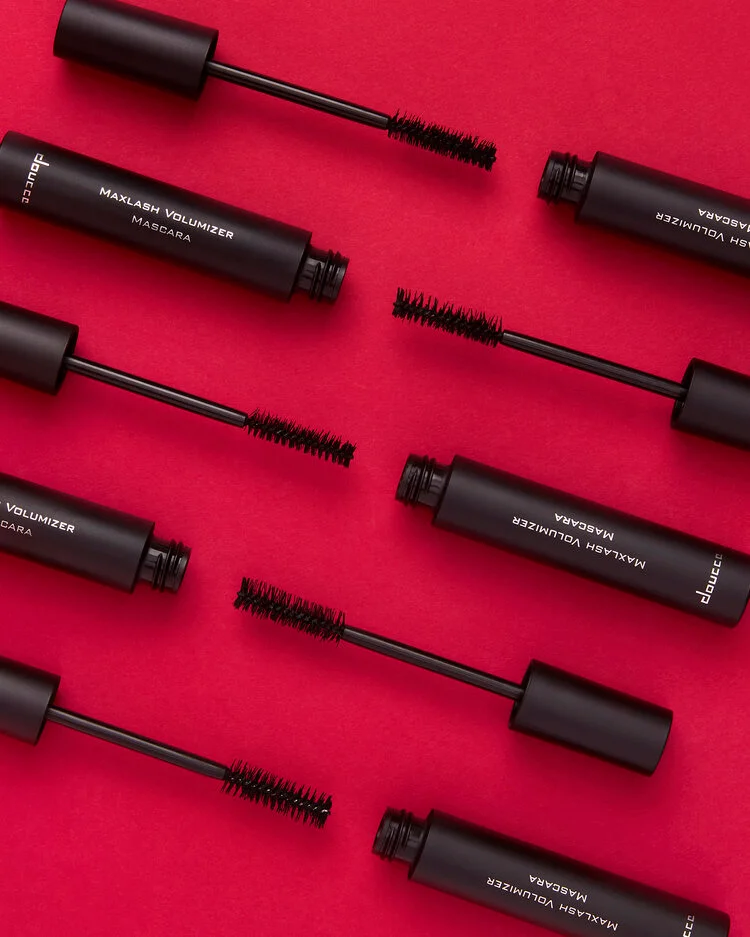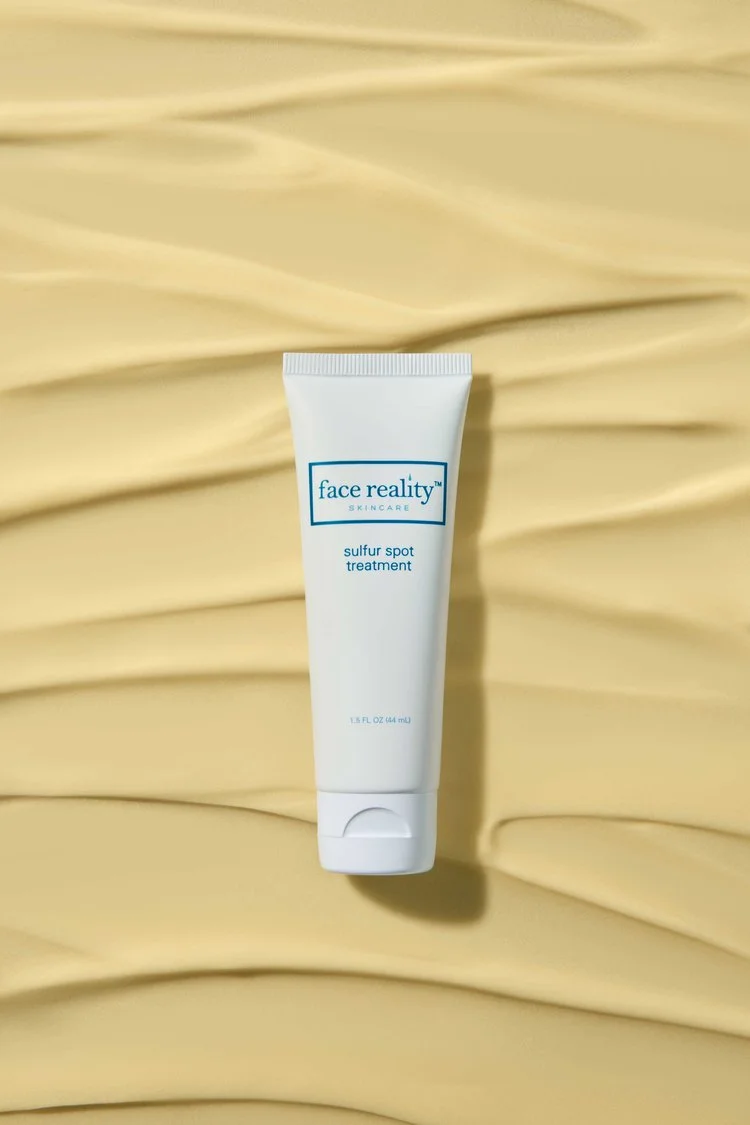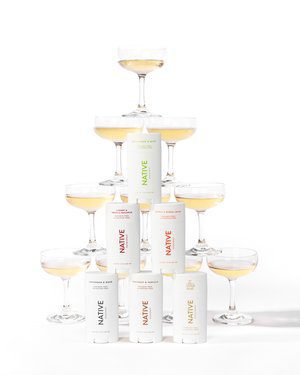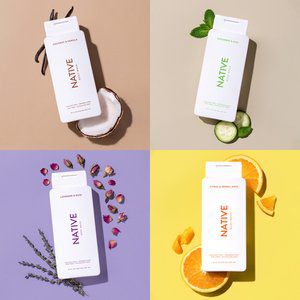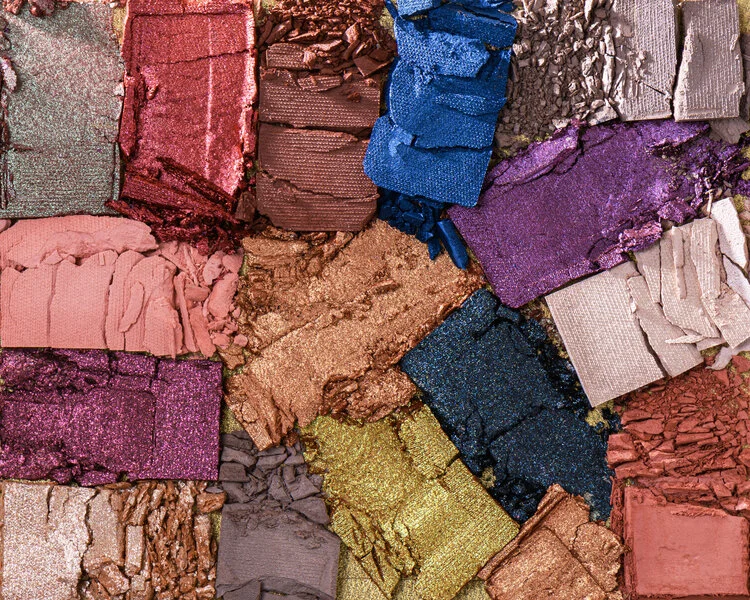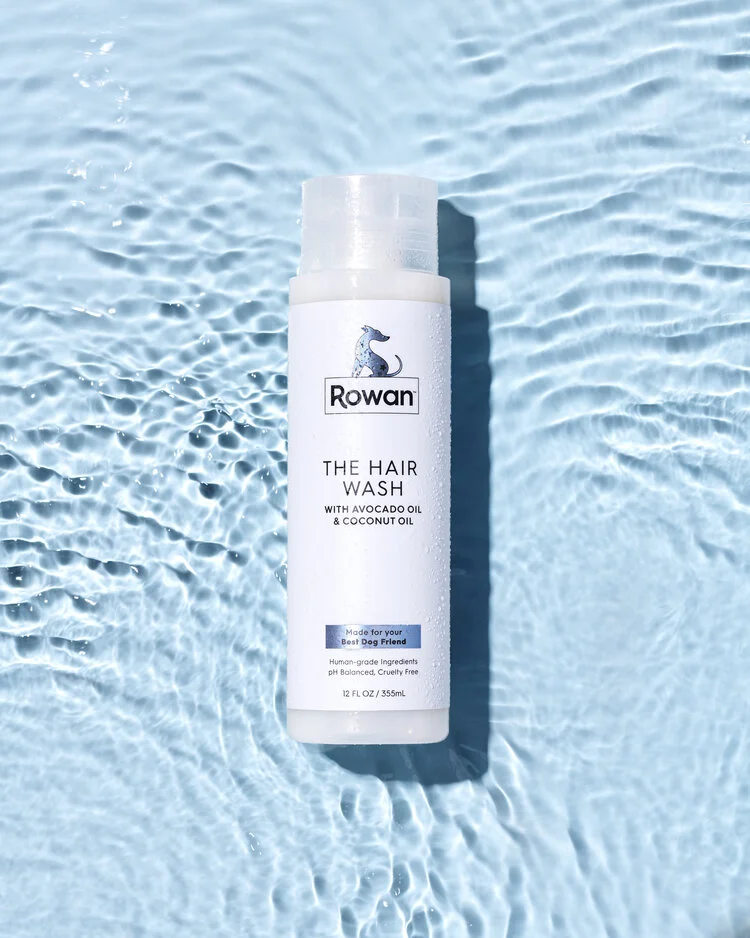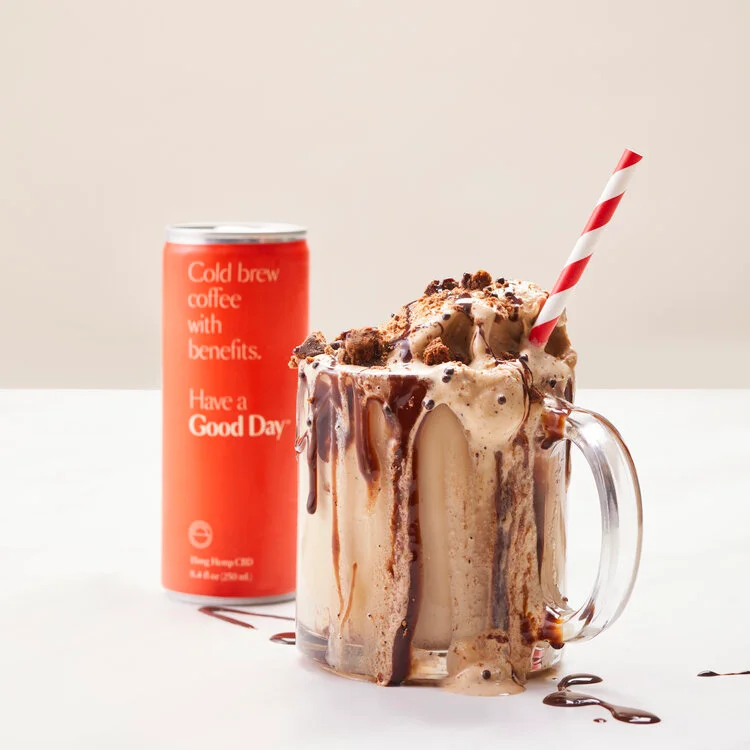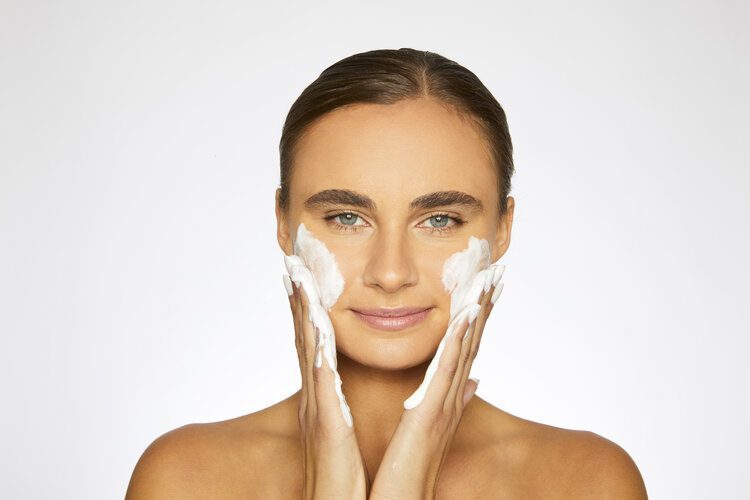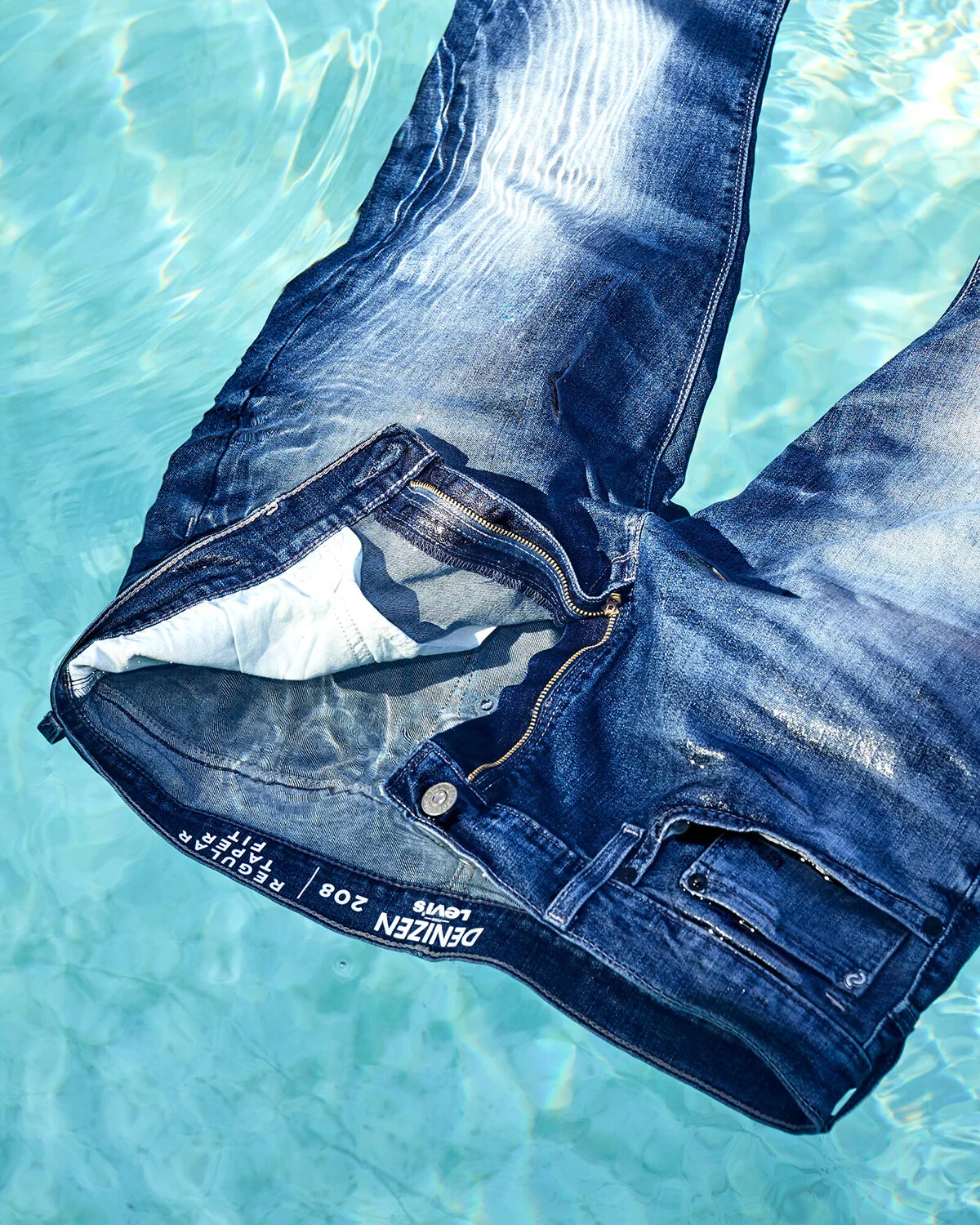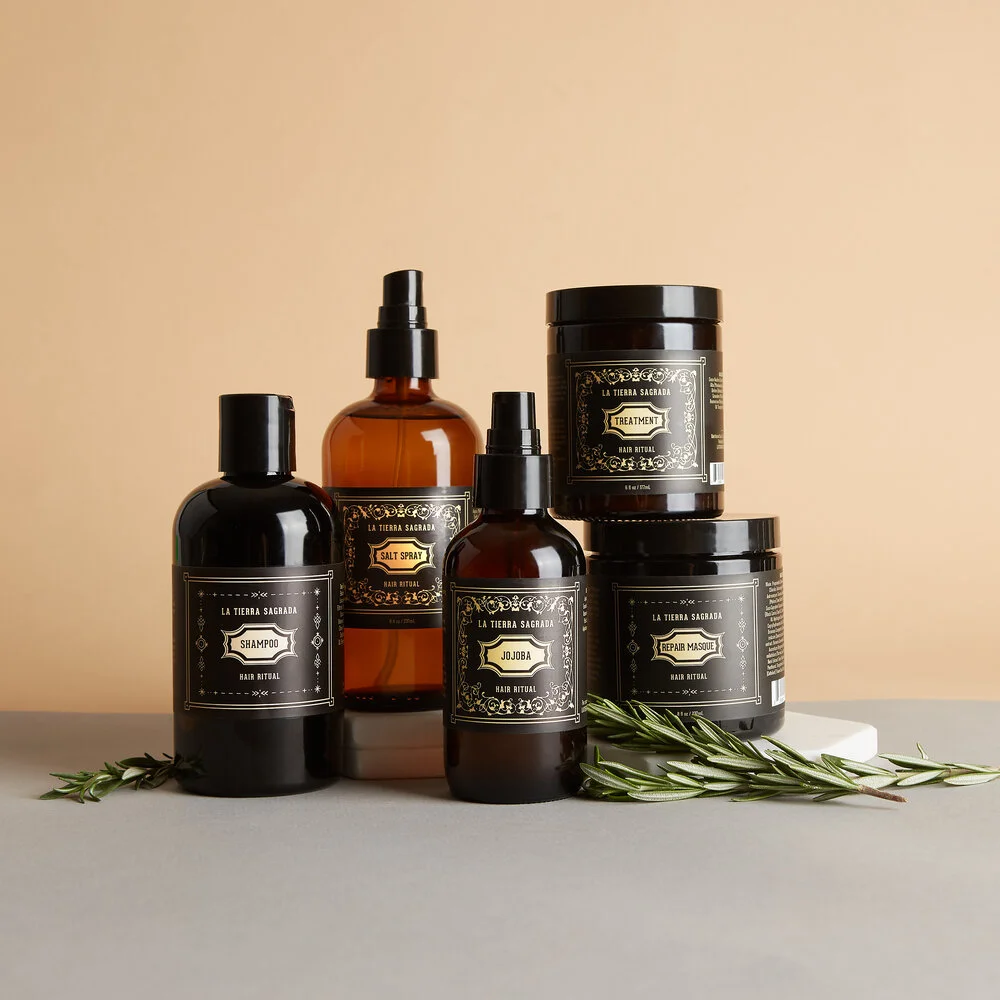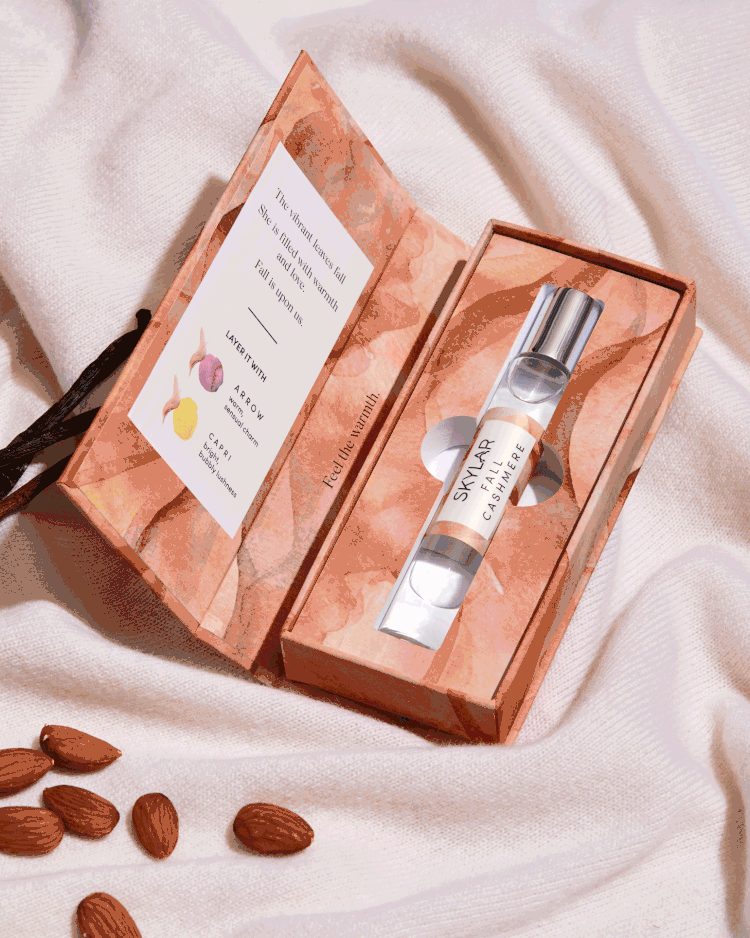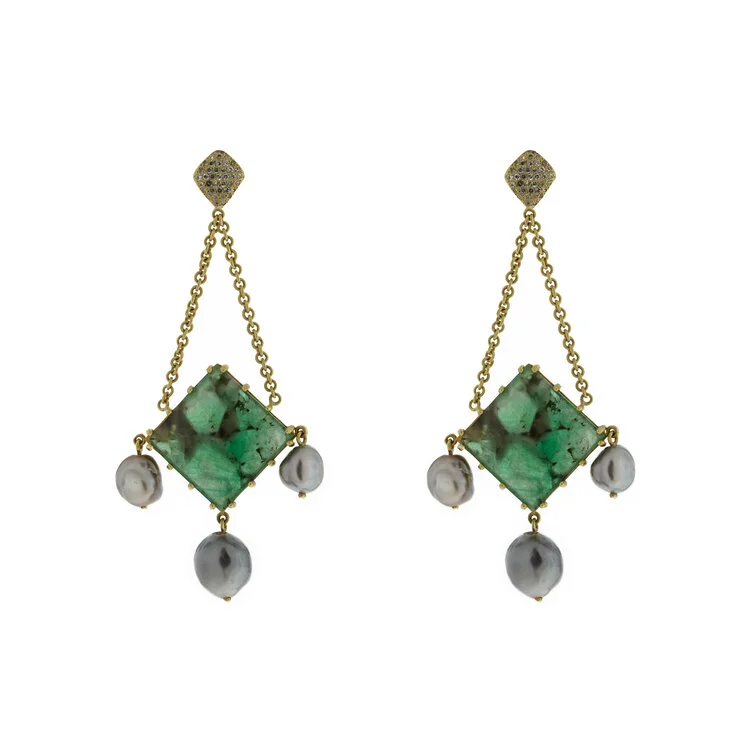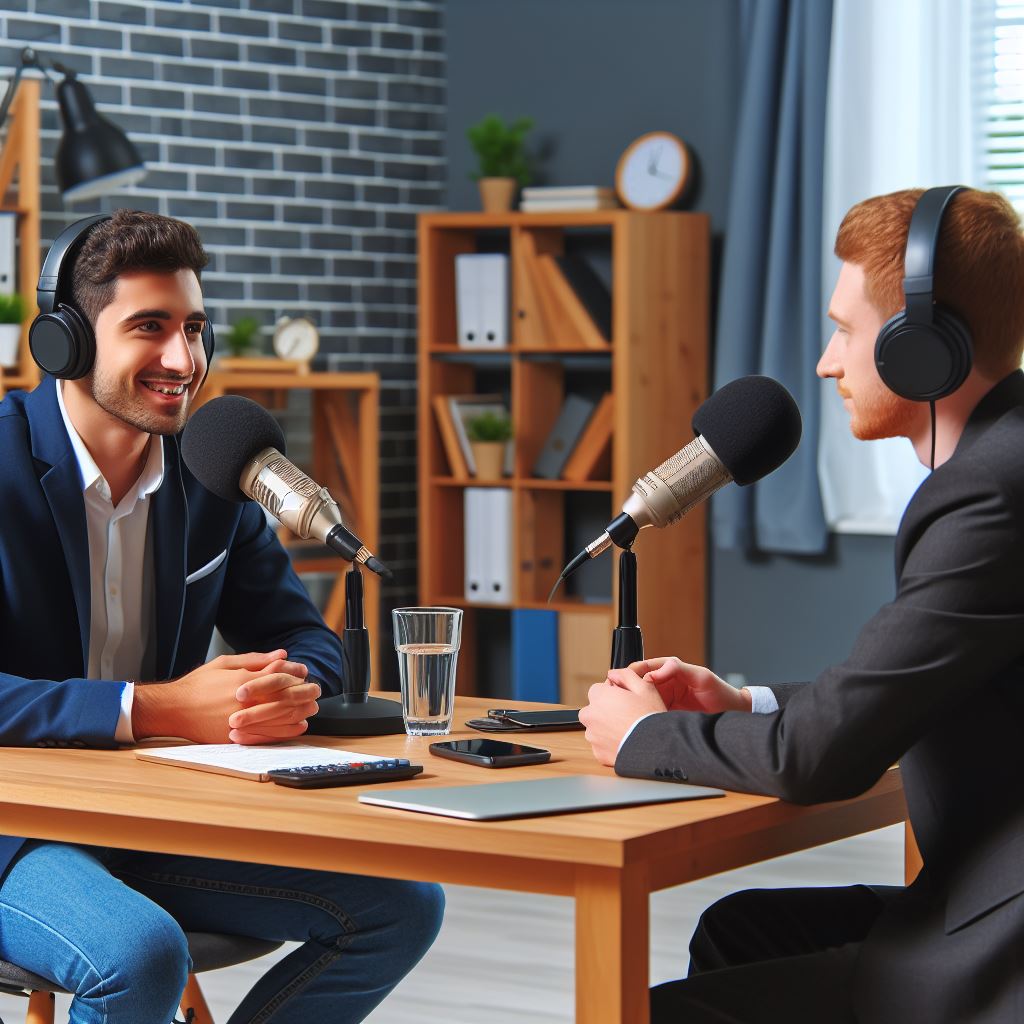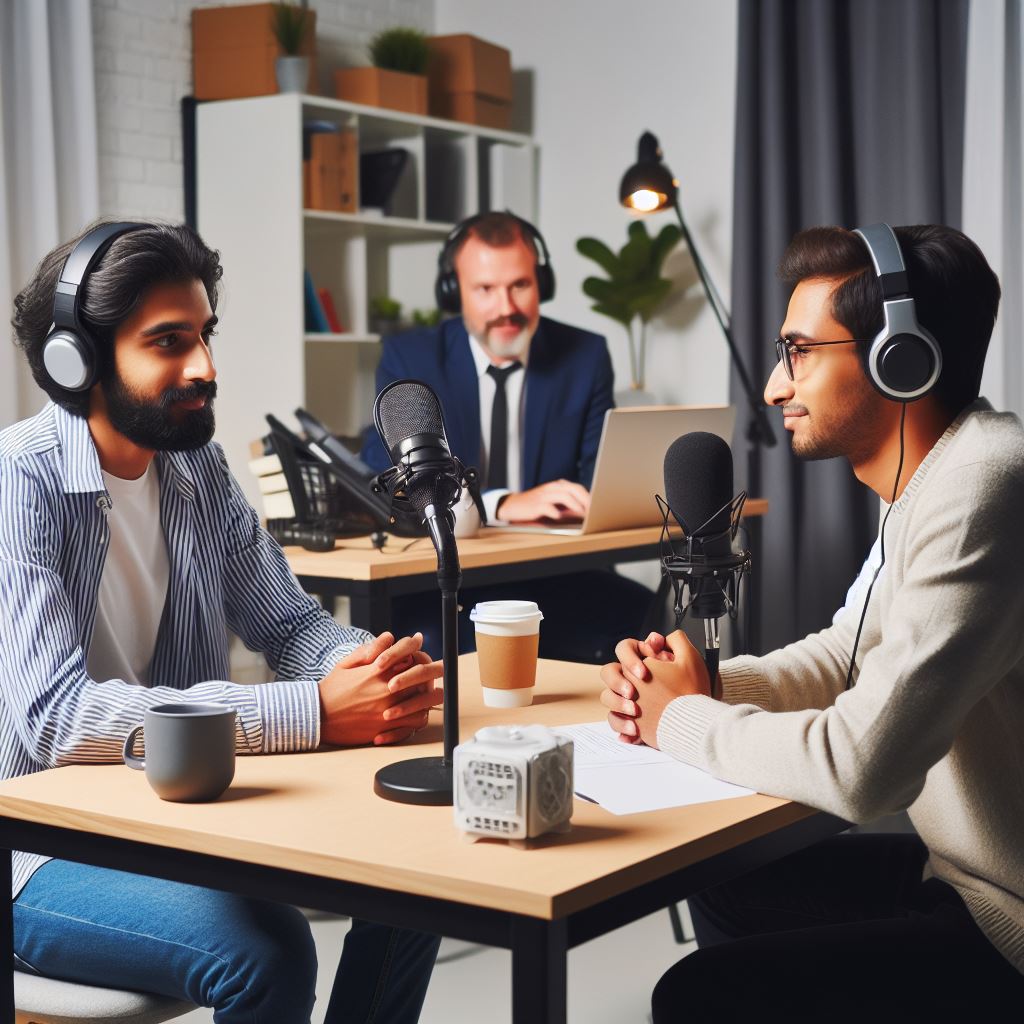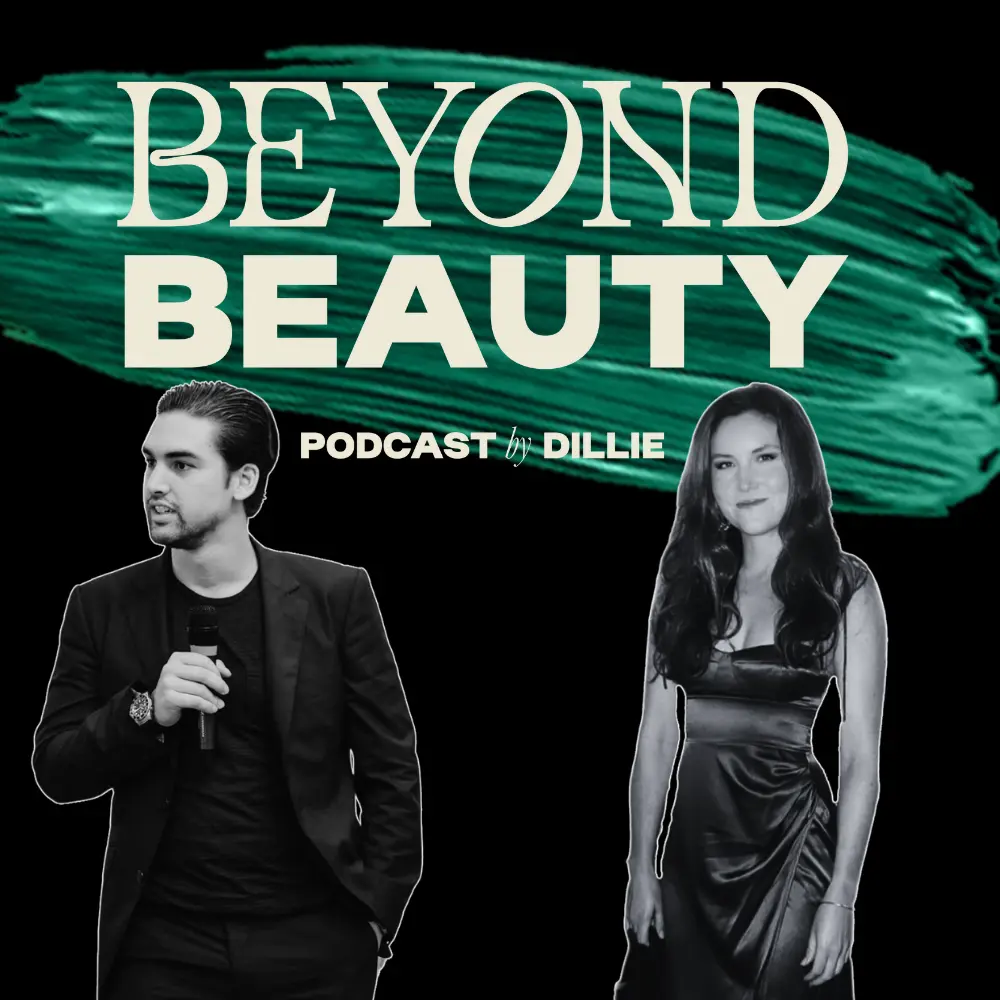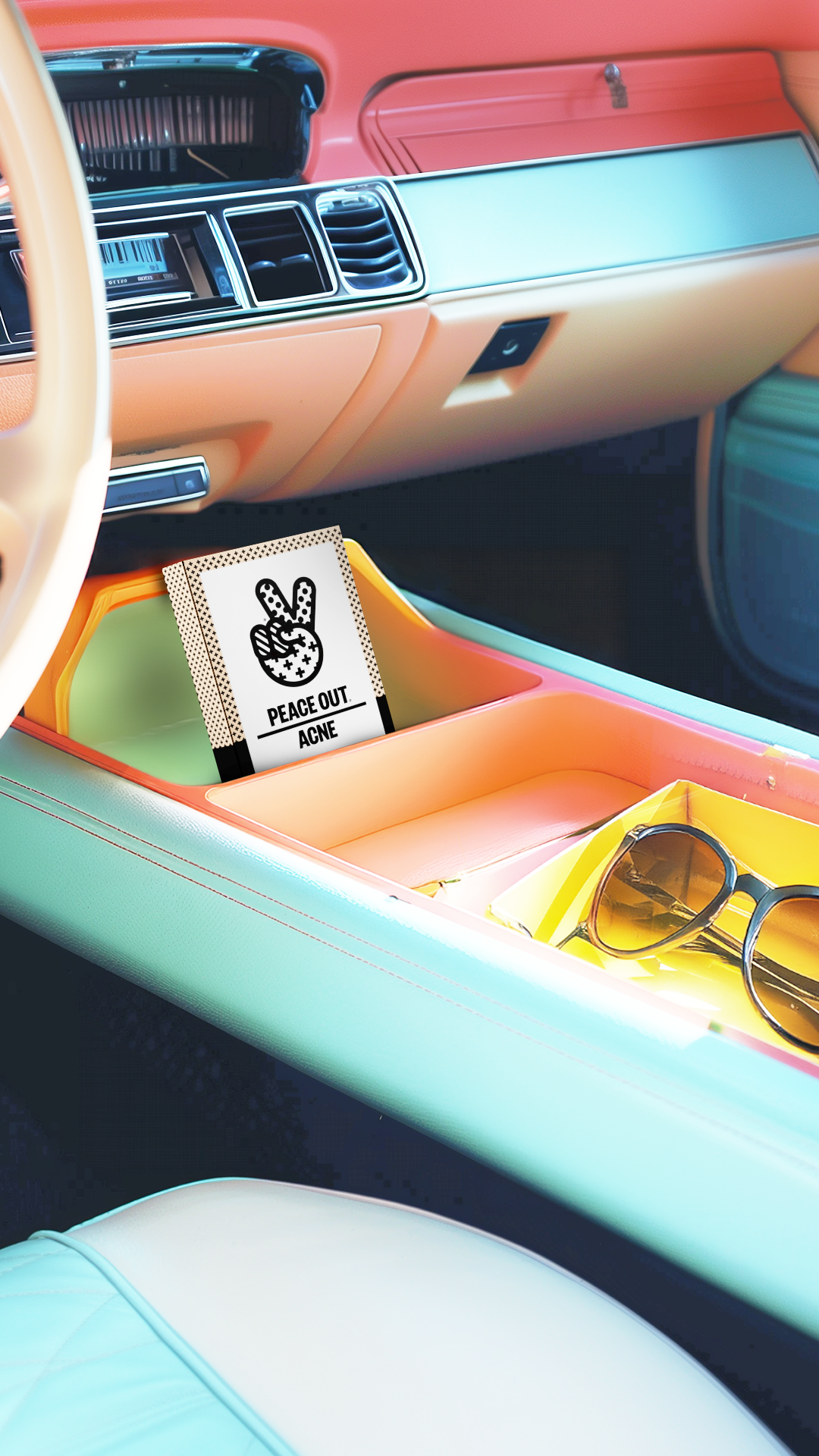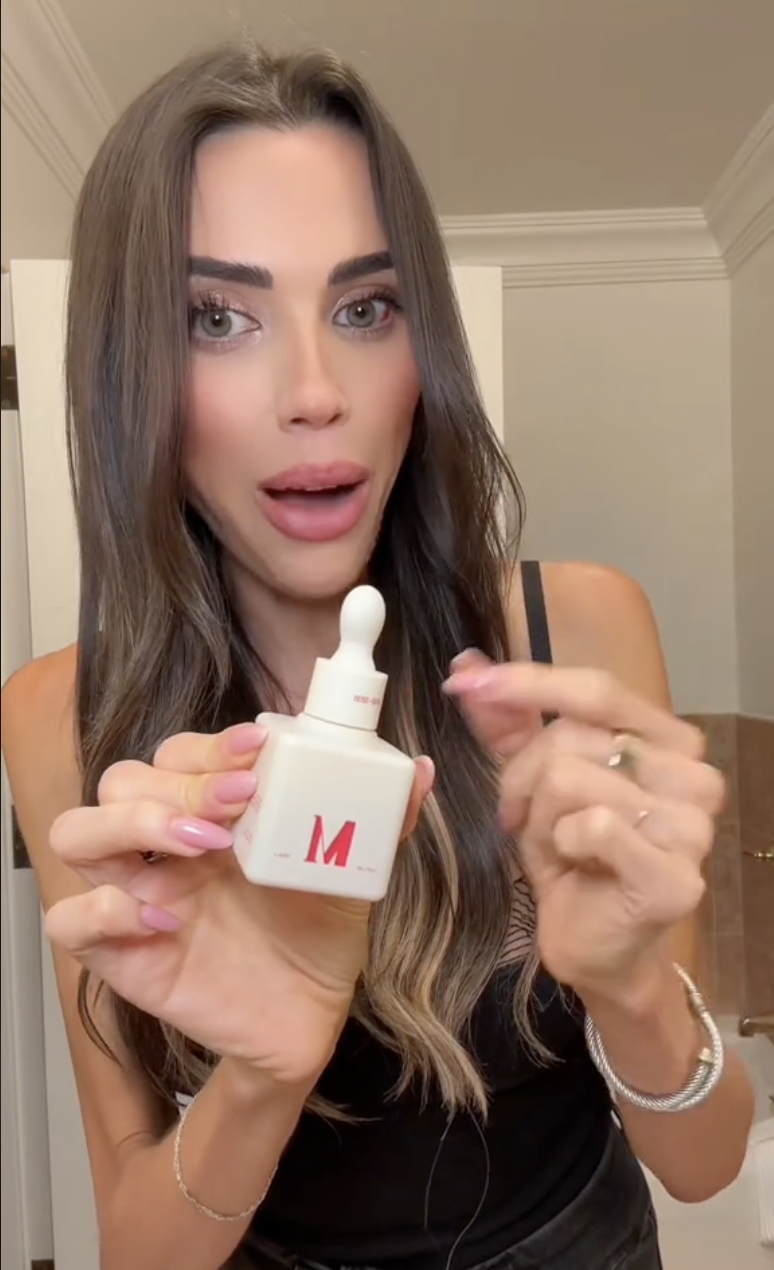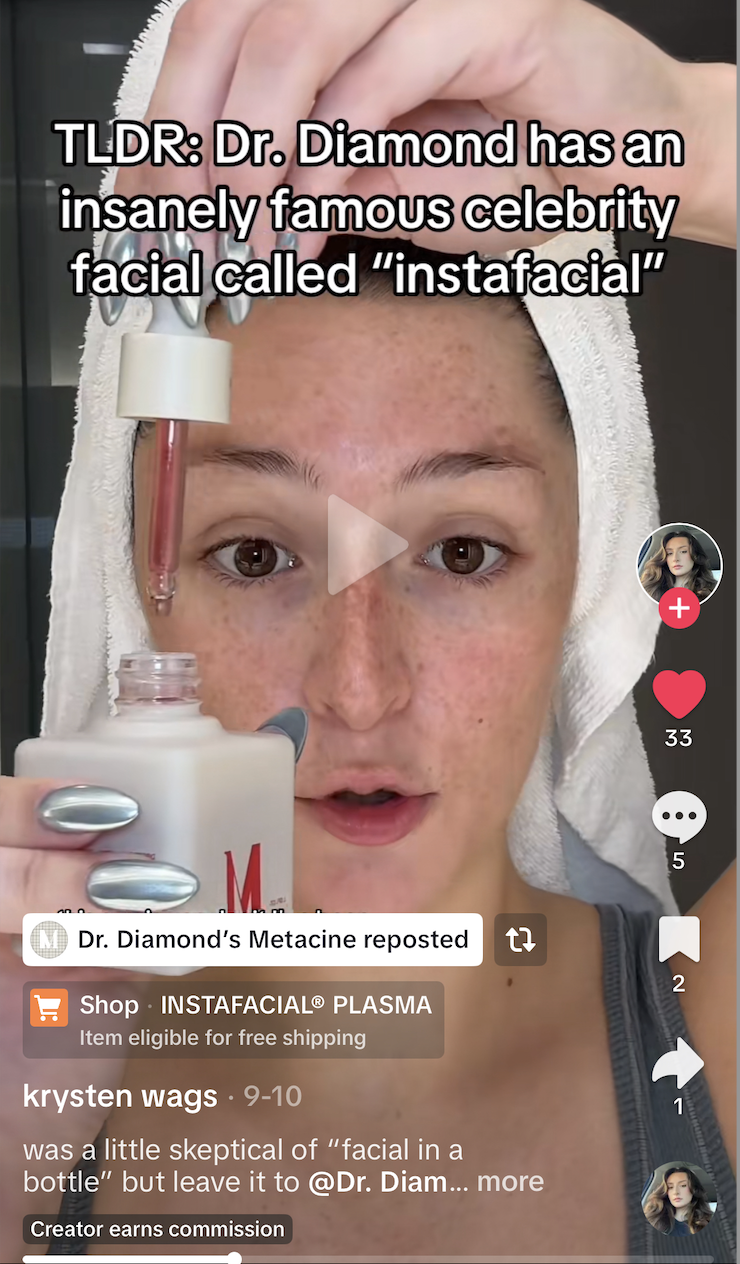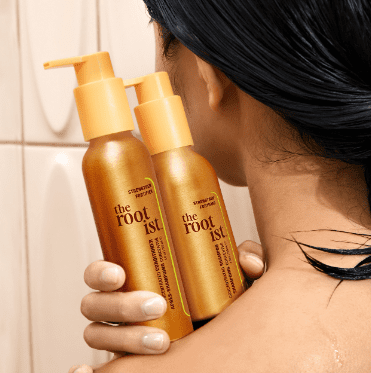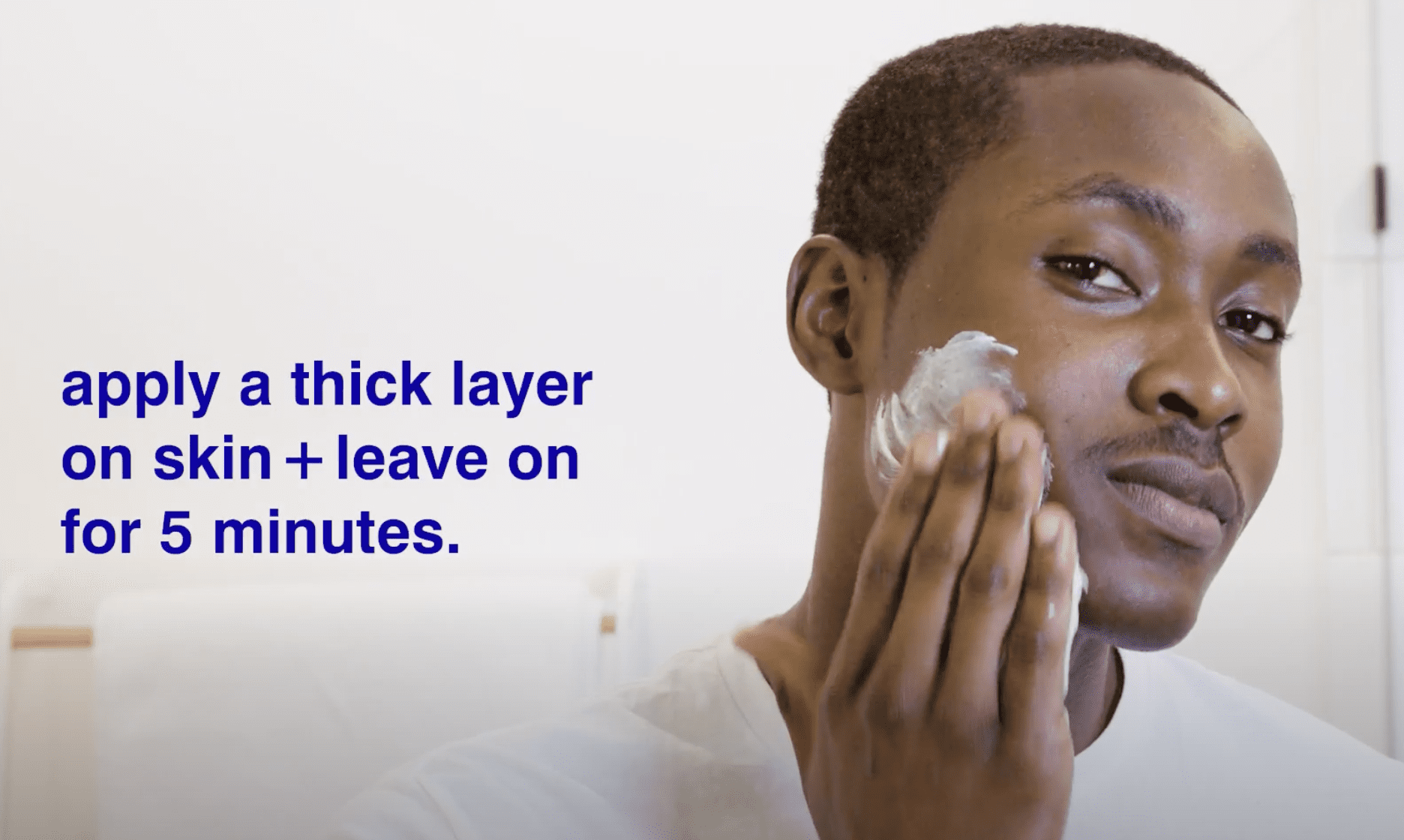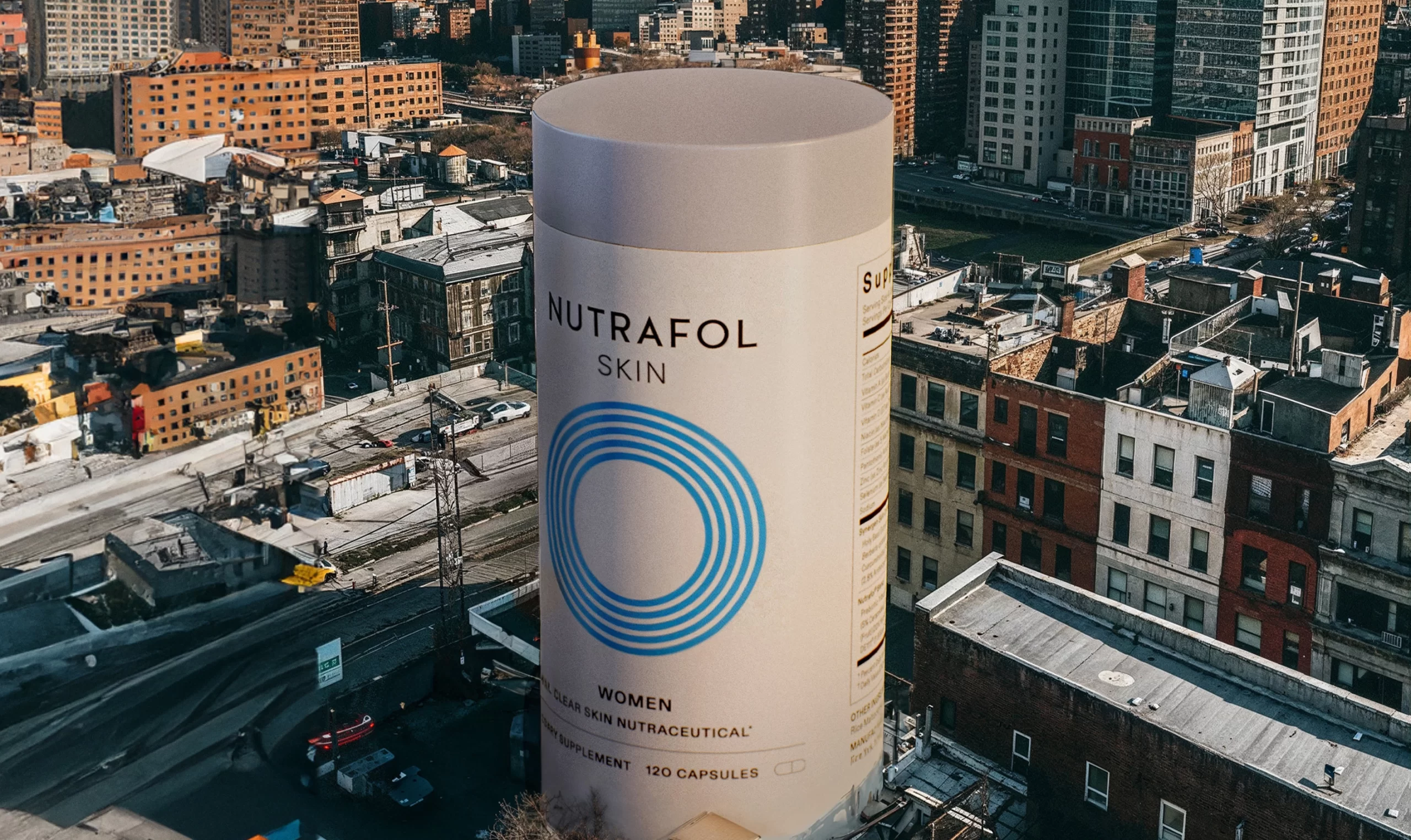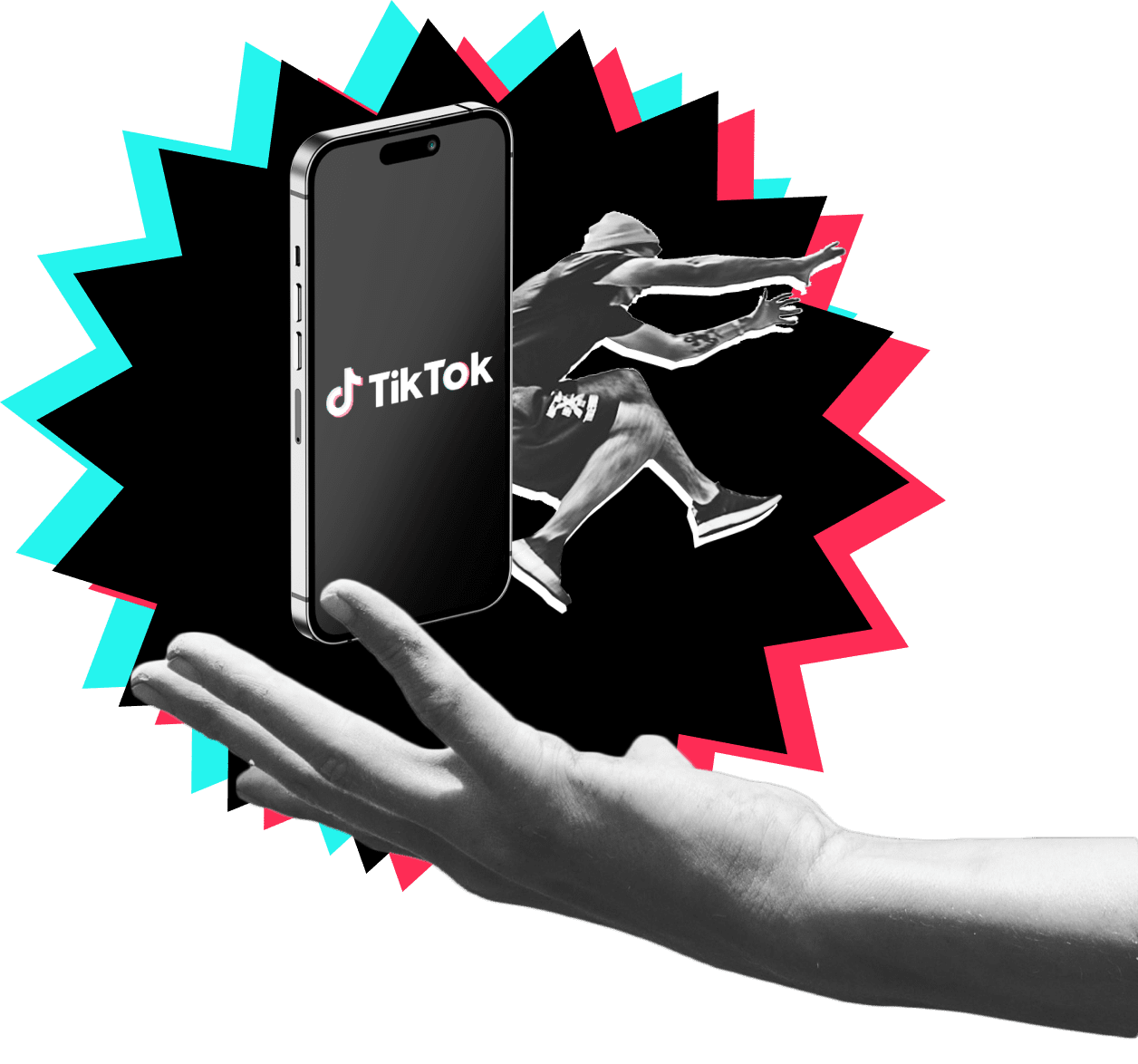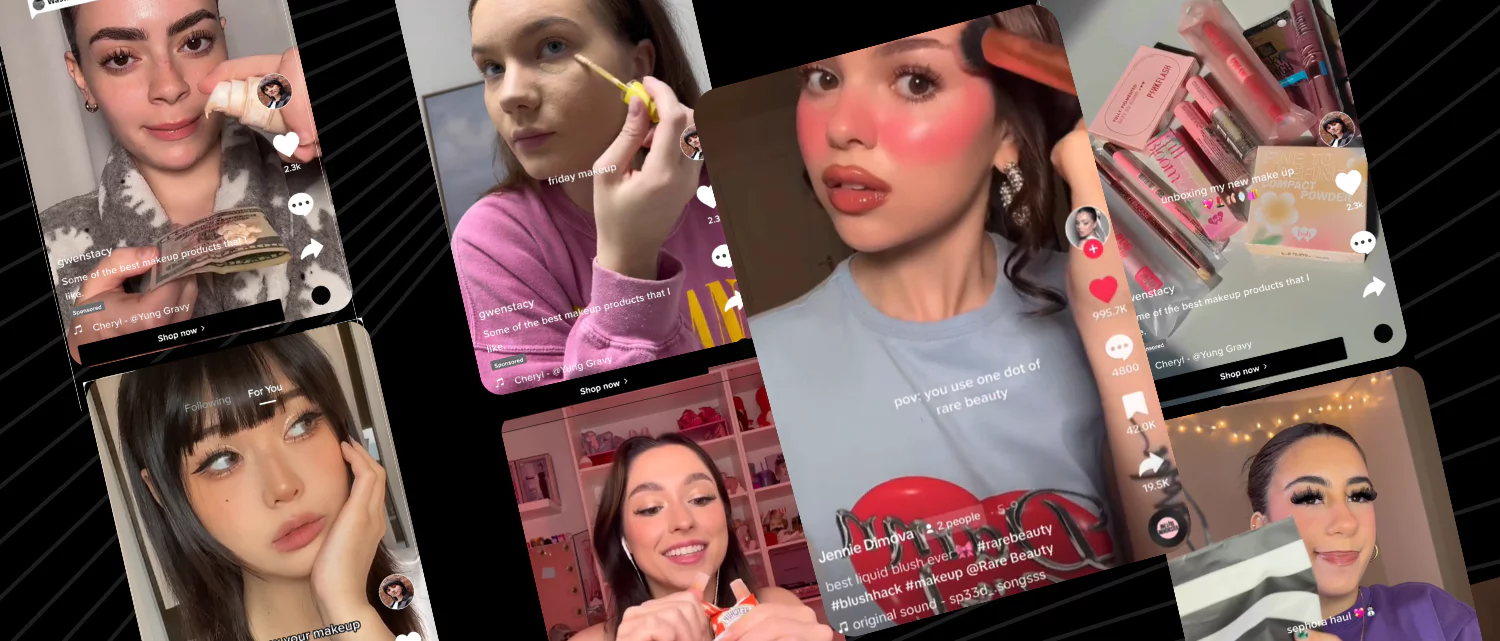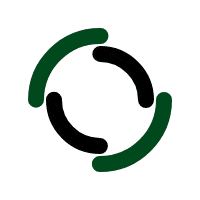In the latest episode of the Beyond Beauty Podcast, hosts delve into the dynamic and ever-evolving beauty industry with Michelle Gough Baril, the founder of Iris and Romeo. Michelle shares her journey, the challenges and triumphs of entrepreneurship, and the importance of community engagement in building a brand. This blog post will break down the key insights from the episode, offering actionable advice and thorough explanations for aspiring entrepreneurs and beauty enthusiasts.
Introduction to the Podcast
The Beyond Beauty Podcast serves as a platform to explore the beauty industry, featuring interviews with influential figures such as creative directors, founders, and entrepreneurs. The aim is to deconstruct their experiences, share valuable insights, and inspire listeners in their own business endeavors.
Guest Introduction
In this episode, the hosts welcome Michelle Gough Baril, the founder of Iris and Romeo. Michelle brings over two decades of experience in the beauty industry, having worked her way up through various roles, including as a fashion and beauty editor and a key player at Smashbox Cosmetics.
Michelle’s Journey
From Film School to Beauty Industry
Michelle recounts her journey in the beauty industry, starting from her time in film school to her early career in haircare and editorial roles. Her pivotal experience at Smashbox, where she contributed to the brand’s rapid growth and eventual acquisition by Estée Lauder, shaped her understanding of the industry. However, after years of relentless hustle, she found herself burned out and disconnected from the values she once held dear.
The Birth of Iris and Romeo
The idea for Iris and Romeo emerged during a transformative period in Michelle’s life. After stepping away from the fast-paced beauty world, she sought solace in nature and found healing through her connection with a rescued racehorse named Romeo. This experience led her to reflect on what truly matters in life and beauty, ultimately inspiring her to create a brand that emphasizes simplicity, wellness, and multifunctionality.
Brand Philosophy
Less is More
Iris and Romeo is built on the ethos of “less is more,” focusing on high-quality, multifunctional products that cater to the needs of modern women. Michelle emphasizes the importance of creating products that not only enhance beauty but also promote skin health and wellness. The brand aims to help women slow down and prioritize what truly matters in their lives.
Multifunctional Products
The brand’s products are designed to simplify beauty routines, combining skincare and makeup into single, effective solutions. This approach not only saves time but also reduces the number of products consumers need to purchase and use, aligning with a more sustainable and mindful lifestyle.
Challenges of Entrepreneurship
Overcoming Burnout
Michelle candidly discusses the challenges of starting a business, particularly in the beauty industry. She acknowledges that founding a brand can be as overwhelming as the burnout she experienced earlier in her career. Despite the difficulties, she views entrepreneurship as a journey of growth and self-discovery, where confronting fears and embracing challenges is essential.
Navigating the Pandemic
The conversation shifts to the impact of the COVID-19 pandemic on Iris and Romeo’s launch. Michelle shares how the initial plan to raise capital and grow the brand was disrupted by the pandemic, leading to unexpected challenges. Despite these obstacles, the brand gained traction through organic growth and support from influential figures in the industry.
Scaling the Business
Building a Strong Team
As Iris and Romeo began to grow, Michelle highlights the importance of transitioning from a scrappy startup to a scalable business. She discusses the need for a strong team, particularly in areas where she may not have expertise, such as operations and finance. Bringing in a CEO with a background in private equity allowed her to focus on her strengths in product development and marketing.
Distribution and Community
Michelle emphasizes the significance of building a community around the brand and establishing strong distribution channels. She notes that having the right retail partners, such as Sephora, has been crucial for scaling the business. The conversation also touches on the importance of authentic relationships with influencers and customers, which contribute to the brand’s growth and success.
Personal Insights and Mantras
Embracing the Journey
Michelle shares her daily mantra with her team: “We’re building the wings while we’re flying the plane.” This phrase encapsulates the essence of navigating the unpredictable nature of business. She encourages her team to embrace the challenges and to find joy in the process, even when it feels overwhelming.
Importance of Self-Care
Michelle also addresses the issue of burnout, a common struggle in the fast-paced world of entrepreneurship. She advocates for the simple yet profound practice of slowing down and reconnecting with nature as a form of self-care. She believes that spending time outdoors can help ground individuals, enhance focus, and foster a sense of self-awareness. This connection to nature is not just a personal belief but is also woven into the ethos of her brand, Iris and Romeo.
Mentorship and Support Networks
Value of Mentorship
In discussing the importance of community, Michelle highlights the value of mentorship and support networks. She reflects on her own journey, acknowledging the mentors who have guided her and the importance of asking for help. Many entrepreneurs, she notes, often feel the need to prove their competence and may shy away from seeking assistance, but she emphasizes that asking for help is a strength, not a weakness.
Future Vision
Mission-Driven Focus
Michelle describes herself as a “transformation junkie,” always seeking growth and new challenges. She expresses her desire to focus on the mission-driven aspects of her brand, particularly in supporting individuals who feel overwhelmed and disconnected. She envisions a future where Iris and Romeo can play a pivotal role in encouraging self-care and connection to nature.
Upcoming Launches
The episode concludes with a discussion about the upcoming launch of Iris and Romeo in Sephora stores, along with other retail partners. Michelle shares her excitement about the brand’s growth and the opportunity to reach a wider audience. She invites listeners to explore Iris and Romeo’s offerings, emphasizing the brand’s commitment to simplifying beauty routines with multifunctional products.
Conclusion
This episode of the Beyond Beauty Podcast provides valuable insights into the entrepreneurial journey, the importance of community and self-care, and the evolving landscape of the beauty industry. Michelle Gough Baril’s story serves as an inspiration for aspiring entrepreneurs, highlighting the significance of resilience, adaptability, and the pursuit of a meaningful mission in business.
By embracing the principles of simplicity, wellness, and community, Michelle has created a brand that resonates with modern consumers and stands out in a crowded market. Her journey underscores the importance of staying true to one’s values, seeking support, and continuously evolving in response to changing market dynamics.
For those looking to embark on their own entrepreneurial journey or seeking to simplify their beauty routines, Michelle’s insights offer a roadmap to success and fulfillment in both business and personal life.
Podcast Transcript
Speaker 1 00:00:01 Welcome to the Beyond Beauty podcast, a platform to highlight the beauty industry’s talent, deconstruct their learnings and spark ideas for your own business. The Beyond Beauty podcast is created by Dillie, the leading creative agency working with the fastest growing brands and beauty. Here, we’ll interview guests from major beauty corporations, creative directors, influencers, founders and risk taking entrepreneurs. Our guests are not only changing the traditional beauty landscape, they are also innovating in ecommerce, branding and digital marketing. Join us as they share valuable advice, how they launch their businesses and most importantly, ignite thought provoking conversations across beauty, tech and marketing.
Speaker 2 00:00:43 Hi everyone! We’re so excited to have a shell!
Speaker 1 00:00:45 Founder of Iris and Romeo on the Beyond Beauty podcast today. So Michelle, thanks so much for coming out to share your story.
Speaker 3 00:00:52 You’re welcome. I’m excited to be here.
Speaker 1 00:00:54 I’m gonna dive on into Michelle’s bio. Iris and Romeo was founded by Michelle Gough Baril. After two decades in the beauty industry, climbing her way to the top.
Speaker 1 00:01:04 Burned out by the persistent excess and hustle culture. She stepped away to the healing rhythms of Northern California and gave herself permission to reprioritize her relationship with her body and herself. Iris and Romeo was born as the antidote to the beauty, hustle, culture, and the more is more mentality. At Iris and Romeo, products are brought into this world thoughtfully, consciously, and beautifully. They are committed to multifunctional, all in one tinted skin care solutions and the highest quality and efficacy. These simplify your morning routine and deliver skin wellness instantly and overtime. This kind of beauty, this undone well-hydrated look combined with serum strength actives is effortless, barefaced beauty. We all want less makeup. More you well amazing. Michelle, let’s dive on to where it all started. How did you get started as an entrepreneur? How did you get started in the beauty industry? Where do you want to take us back to? What’s your origin story?
Speaker 3 00:01:58 My start in the beauty industry goes way back. I went to film school and then I came to America.
Speaker 3 00:02:04 I ended up working for a haircare brand, and then I was a fashion editor and a beauty editor. Those are the cliff notes of that journey. And then I went on to work at a really fast growing early stage company called Smashbox Cosmetics, and I was at Smashbox for eight years. When we started, we were literally indie brand, and when I left we were a global brand in 60 countries. We were, at that time the fastest growing indie brand in the beauty industry and of course, ripe for acquisition. And in 2010, we got acquired by Estee Lauder. And so right around that time is where my story with Iris and Romeo really begins, because I was pretty burned out from that sprint to the finish line, and I was feeling lost and disconnected. connected. There were a lot of things about the industry that just didn’t resonate with me anymore. There was a lack of sustainability, transparency around ingredients, and I was especially disconnected or not connected with the fact that I was talking mostly to a really younger community of women, and there was nothing in the industry that was speaking to women like me.
Speaker 3 00:03:22 So right around that time is when I also met a former racehorse and his name was Romeo. This is where the name comes from. Iris is my mom. Romeo was this racehorse and he, like me, was burned out from his career on the track and we both needed a new purpose and a new start in life. I was not a horsey girl. I had not been raised around horses or knew anything about horses. I quite fortuitously met this beautiful racehorse and every morning before I go to Smashbox, I’d go take him. I lived in Santa Monica, then and he lived in Topanga. And I take him up into the mountains and I’d get off and watch the sun come up. And I think it was the first time in my life, in many years, that I’d slowed down enough to hear that small, still voice inside that said, this is not your life. And I actually listened to it, which was crazy, and everybody thought I was nuts. But I quit my career. I rescued the horse.
Speaker 3 00:04:23 I bought an old trailer, I hooked it up to my Jeep, and I headed north to Northern California. I didn’t know really where I was going, but I had a horse and I had a sense of direction. So I headed north and girlfriend of mine had 100 acres of land and a farm in Sebastopol, and she’d rescued a herd of 30 free roaming horses that lived freely on the land. And so I took Romeo to the sanctuary this rescue. And I turned him out to live with the herd, because he’d never lived outside of a box, being a former racehorse, and I spent the next year living on the land with the herd, so it was the most remarkable, incredible spiritual healing experience of my entire life. And you cannot live in nature with nature without feeling the interconnected interconnectedness of everything. And so Iris and Romeo was born from this journey. This is, I call it, the journey back to myself. And really, it was a journey of figuring out my own inner wellness and what is wellness.
Speaker 3 00:05:34 And a question arose out of this journey that is at the heart and soul of the brand. And that question was what’s really essential for your skin, for yourself, and for your life? And so the brand was born out of this. Iris, as I said, is my mom, who I love dearly, and Romeo, I call him my heart and my soul. Yeah. This idea to pare down and simplify in order to focus on what really matters, became the ethos of how we develop products. And it’s also the ethos and the mission behind the brand helping women, our community, slow down and really get present in their life and ask that question what’s really important?
Speaker 1 00:06:18 Yeah it’s beautiful. I love that story and it’s so relevant to I think right now when you’re talking about 2010 and we go forward to 2024, I think it’s hard to find someone who doesn’t feel burnt out or overwhelmed. And I always say, even if you didn’t have a full time job, you could be a professional text message answer, right? You could be a professional email answer.
Speaker 1 00:06:40 There’s so many notifications we get on a daily basis between TikTok and Instagram and our and our email and our text message. Then you layer a job into it, then you layer it. Maybe you’re a corporate executive, maybe you’re a founder, maybe your mom, your there’s so much going on constantly and I think it’s very hard pressed to find someone who’s not burnt out in today’s world. And on top of it, within the beauty story is there’s so many different angles coming at us. Two of you need this dry shampoo, and then you need this hairspray, and then you need this conditioner. Then you need this mask. Then you switch up your summer routine and then you need a blush for this. But then you now you need a cream blush and a powder brush blush and the number of.
Speaker 3 00:07:18 Oh my god.
Speaker 1 00:07:19 Complexion products. It’s so overwhelming. So like, how can we simplify our lives? And I think, like you said, we learn that from nature is it’s a more seamless way and peaceful way of living.
Speaker 1 00:07:29 So I think this is so relevant in a conversation that will hit home for so many people. So back to your story is that you’re now so you’re now in Northern California and you’re looking at both your life and then the products and even the routines that women go through every day just to get ready. Where did the point come to say, I’m going to go start a brand? Because starting a brand and becoming a founder is so much work. And I almost think it’s the opposite of healing from a burnout. But in many ways, sometimes you need to make almost like a 360 instead of a 180 pivot to maybe go through a healing journey. So how did you start Iris and Romeo? The brand and makeup specifically and skincare.
Speaker 3 00:08:11 It’s so interesting. I in hindsight, since I launched the company five years ago, I’m like, wow, I went from a journey of burnout and then put myself right back onto the path for burnout. There’s nothing more likely to get you to a state of burnout than founding a company, and I figured it’s like dating.
Speaker 3 00:08:30 You keep dating the same guy over and over again until you get the message, until you get the healing. So here I am, and this time I’m doing it differently. I’m doing it on my terms. There is a learning and I think everything is an evolution, including me, including you were all a work in progress, so I’m just on the path and showing up. But let’s see, how do I get started? Yes, for a period before I launched the company, I was consulting I needed, obviously, to make a living while I was with the herd, and I was consulting a lot for female founders in the beauty industry, really helping them figure out how to tell their story, how to find and build a brand around a mission and narrative. And it was really simple. One day, a president from one of the companies that I was working at drove me back to my hotel, and it had been a particularly frustrating day with this female founder trying together to even be able to find a place that felt meaningful or purposeful inside of her journey.
Speaker 3 00:09:31 And he looked at me and he said, Michelle, why are you trying to convince her to do this? Like you’re so passionate about it? You have all the experience, why aren’t you doing it? It was really a moment of good question, and I couldn’t stop thinking about it for days. And I realized that I was terrified, right? I was terrified to go back into it and then do my own thing. That amplifies everything 100 times. So if there’s one thing in my life I know about myself, if I’m afraid of something, I’m going to step right into it because I love the challenge and they love what’s going to come next, which is the journey to grow and overcome the challenge. I’ve always been that way since I was a little girl. It made the decision for me.
Speaker 1 00:10:13 Your bravery allows you to confront your fears and confront challenges versus run the other way.
Speaker 3 00:10:20 Yeah, I think my biggest fear is to get to the end of my life and say I didn’t try things, or I didn’t do things, or I wasn’t present for what was really important.
Speaker 3 00:10:29 So I always have that running in the background. So yes, and it definitely wasn’t easy. I started we launched in at the end of 2019. I had raised a small amount of Angel capital. I raised $650,000 to start in amongst mostly friends and family, and I’ve been in the beauty industry for a while, so I did have a good network and we launched with two products, bisschen days, which is our hero product, which was the very first of its time skincare, makeup, SPF, all in one step, clean, sustainable, you name it. There was nothing like it in the market. It was the very first. And so we launched with that and we launched with our peptide lip balms. And then of course, the pandemic came immediately after we launched. I had this plan will launch, we’ll do a Shopify website. It was just three of us at the time. I’ll get some organic traction and then we’ll raise some institutional capital. That was the plan. But life in the world had other plans, and 2020 was the year of the pandemic.
Speaker 3 00:11:38 Come March, when it really hit, that was the time we were running very low on cash, and I had planned to raise money, and it was a very difficult time. That year was tough on many fronts. One, nobody was, Investing because we were all in just a state of turmoil and we didn’t know. Is the world going to end? What the heck is going to happen? So it was not a time to raise capital. And then very unexpectedly and suddenly my mother passed away in October of 2020. And that’s Iris, my biggest fan, my biggest supporter. And that just sent me into obviously grief, major grief. And with that, like a big loss of meaning, I think 2020 was a loss of meaning for all of us. What? Why are we here? Like, we were asking these big existential questions and then I lost my mom of people. Yeah, it was a crazy time. And so that was really a very difficult year right at the start. Enough to make you quit.
Speaker 3 00:12:46 On the other hand, we were organically still growing. People like Olivia Wilde had posted about us on Instagram. Eva Chen had was at Paris Fashion Week and she was posting about Baskin days. So we were very lucky that we got some really cool women talk about us, and so we continued to grow that year. I don’t know how, and we also ran out of money at the end of the year, and my CFO at the time stepped in with a small amount of money, and she said, this is not going to be over. We are going to keep going. And just amazing how much support and how many really cool women along the way have helped this and been part of this story. But yeah, we kept going. And then in 2021, the early part of 2021, I raised my first round of institutional capital. Finally, that was the beginning of this journey of starting to scale the business and launching more products. And that was also the year that we started looking at retail and going into credo and then goop, and now we have a really big one right around the corner.
Speaker 1 00:13:55 That’s exciting. Let’s talk about starting a business versus scaling a business. A lot of times we hear people that have maybe a more corporate background, and they’re more into taking like a teenage business into an adult business. And then you have a lot of scrappy skills, and they’re very good at starting the business, and they might struggle with scaling it versus the corporation or the more corporate background. They don’t have the scrappiness operator skills to bring it from the baby to the teenage stage. So how do you go from starting that business being super scrappy? You’re probably testing a lot of different things. Now you have institutional capital. There’s definitely more eyes on maybe the financials of the business and sales, and maybe you can experiment. Maybe you can experiment. But how would you make that pivot? There’s completely different skillsets from starting to scaling.
Speaker 3 00:14:45 Both scares both scary, both hard and very different. I think the scrappy part the early first 15 months. I would say it’s very much about product market fit and really starting to build some community and know that the people you’re talking to want the products that you’re making and proving that out right.
Speaker 3 00:15:07 Proof of concept. And so yeah, it takes a certain skill set like resilience, creativity. This is where very much the entrepreneurial part is alive and thriving and doing what we do know best, which is just never quitting. And then once you raise institutional capital, yeah, it becomes very different. When I closed our round of institutional capital, my I think everybody should know this. If they’re going on this journey, like what are their superpowers? Mine is definitely product development, creative marketing, brand marketing. I’m a storyteller. Like this is what I do best operations, finance. That’s not my strong suit, but at the very beginning. You have to do that too. It’s intimidating, and I had to get in there and build a PNL and work with our investors and raise capital. That, too, is intimidating at the very beginning of institutional capital. The founder is doing it all. And then as we went into 2021, it was like, how do we scale these questions around the table? And we decided to bring in somebody at that time who was the CEO, who had strength in this area, more of the financial operational side.
Speaker 3 00:16:26 She had a background in private equity. She understood how to raise capital like she had strengths in the areas where I didn’t and vice versa. And I think it’s really important. And it’s for a founder who is the CEO and the founder. It’s not easy to like, give that up and have somebody come and join you in that journey. But I think it’s really critical to know what is right for the business, and who are the right people to bring into the business and when to bring them in. And we had a very aggressive growth plan. We knew that we were going to scale DTC. We were also going to go into retail. And so that allowed me to focus more on the areas that I’m really strong at, and I think it just makes everybody happier. But scaling the business at the next stage is definitely a different journey. You have to stop focusing on all of the metrics. You have to start talking to retailers about going into retail. You have to start negotiating contracts, scaling, just even at the manufacturing level.
Speaker 3 00:17:29 You have to raise more capital because you need to meet the mix. And there there’s so much on this journey that I really wasn’t aware of at the beginning. I hadn’t done before because I’d never founded a company. I’d always been Smashbox. I was vice president of marketing, so I knew that particular function. But learning all the rest early on was It was a little daunting and overwhelming, but I learned it and I did it. And nothing makes you more proud of yourself than overcoming those challenges.
Speaker 1 00:18:00 And you identified you knew your superpowers and you said, these are my strengths. And then creative storytelling, marketing. And then you’re also looking at the financial aspect and the operator side of the business, which are just as crucial. You took your bravery and said, I am going to seek discomfort. I’m going to dive into those roles because you have to at the beginning, and then you use your wisdom at a certain point to say, okay, it’s time to delegate and give that to someone else.
Speaker 1 00:18:25 And so that I think makes a powerful entrepreneur is like when you know, you need to be the jack of all trades, and what do you need to delegate to move to the next level?
Speaker 3 00:18:34 It’s so critical. It’s the most important thing. You have to get your ego out the way, and you have to do what’s right for the business in order to scale it. And I did learn, like all the language. I raised capital like I’d already started to do it. So I think it makes you even wiser. It’s just it’s all such an incredible learning journey. It’s an fast learning journey, so it’s wild. But yes, getting the right team and bringing the right people at the right time is probably the single most important thing to figure out.
Speaker 1 00:19:06 Was there one moment that was pivotal in the scaling of Iris and Romeo? For example, maybe you finally got your paid media strategy, or you had an influencer who took your products viral, or maybe you came up with that perfect formula that was truly missing in the market that everyone just fell in love with.
Speaker 1 00:19:23 Was it grassroot marketing? What was that moment, or was it a collection of small things that contributed to the success?
Speaker 3 00:19:28 Yeah, I think we work really hard. Tara is our CEO and we work really hard. Her and I, trying to figure out what is the one thing we need to do that’s going to make everything take off. And what I’ve learned in the years that I’ve been doing this is it’s definitely not one thing. It’s the perfect storm. It has to be a multitude of things, and then they all come together at a time that is completely outside of your control and it just catches fire on its own. Which drives me nuts, because the journey of this journey is basically trying to control outcomes. So I would say though, those things are and were really like, we really started to scale at the beginning of this year. I think what’s really important is having distribution in place. Obviously, we started DTC and we went into credo Group and we’re about to roll out in all 600 Sephora stores across the country, which.
Speaker 4 00:20:24 Is, oh, that’s huge. Amazing. Yeah, it’s so huge.
Speaker 3 00:20:30 But I would say having the right distribution, having the right retail partner, you cannot just be DTC. When I launch the brand DTC, my vision was DTC. Let’s just sell this direct to consumer. I’m a storyteller. I know how to do this. I know how to create content. I know how to engage communities. Let’s do it. But then the cost of that in 2020 and 2021 just went through the roof. It just wasn’t profitable. It wasn’t easy to get first order profitability, all of these things that investors are looking for. And so the consensus started to change in the world of investment that having just a pure play, die to see brand was not going to be how you scale and you needed to be omnichannel. Getting with the right partner. Sephora has been amazing for us. We’ve launched online early this year and we’ll roll out in all doors in eight days I think.
Speaker 4 00:21:22 Are so.
Speaker 3 00:21:24 Distribution, influencer marketing, of course, but really building those relationships authentically.
Speaker 3 00:21:33 It’s I hate that word authentically because everyone uses it, but really investing the time to actually connect with people and find people who truly do love your products and have an emotional connection with you. It’s like being in PR, it’s like you have to become the best networker ever. like that piece of it. And then the last piece, of course, is to have phenomenal products that really deliver on their promise, because there’s so many good brands out there now with so many good products, you really have to make something exceptional.
Speaker 1 00:22:07 Yeah. So to break through the noise to and it’s not only the product, it’s also the storytelling. And it’s also like like working through performance marketing. What are you doing that resonates with people? Is it the product? Is it the message? Is it the visual? Is it the whole entire piece like you’re saying? And I think something that a lot of founders are finding right now, like you talked about the whole everyone was focused on direct to consumer, and that was like the North star of a business.
Speaker 1 00:22:31 And now you have to really play this world of retailers and bring everything together, whether it’s social commerce or e-commerce or brick and mortar. And now there’s pop ups are such a big piece. How do you continue to like pivot when you need to pivot? And something we focus on in this podcast is five years ago, you could plan your marketing for a year or two years out. And now, if you ever planned your marketing two years out, people would laugh at you because you don’t know what’s coming down the road in two years to two weeks. So how would you constantly ab test to know it’s not making huge changes, it’s just making small pivots, which will continue to keep you very competitive in a very saturated market. Yeah. And how do you stay resilient and agile in a very volatile yet dynamic market of the beauty and personal care world?
Speaker 3 00:23:20 Yeah, I think first of all, you have to really care and you have to really want to know the answers to those questions. And everybody on your team has to care equally.
Speaker 3 00:23:31 And you are pivoting. Really, our marketing is planned a month out. It’s crazy, right? It’s right to the edge when we’re about to launch. Because you’re right. So much happens and you just cannot have the long lead times that you used to. So you have to stay really plugged in and connected with your community. You have to really understand what people want. And yeah, you’re constantly testing and learning and testing and learning. I don’t know that will ever go away now, because we’re in a time where we’re so speeded up and everything changes so quickly, and you have to stay ahead of things that I just feel like it’s the new normal. It’s you have to just learn to live and work that way. It’s fun because it means anything is around the corner that you could have a breakthrough on. So it’s the potential is always there, but it’s also a little bit exhausting.
Speaker 4 00:24:21 The risky business, too.
Speaker 3 00:24:23 Yes, you’re risking the business all the time, but hey, that’s the game you signed up for, right? It’s not easy or else everybody would do it.
Speaker 1 00:24:33 Strongly agree. So what advice. What advice do you live by or your life motto. What advice would you want to share. Have you mentored other people, other mentors that have guided you along the way to help you stay true to your core mission One.
Speaker 3 00:24:47 Thing my team hears me say every day is we’re building the wings while we’re flying the plane, which speaks exactly to this thing that we’re talking about. And have fun with that. Right? It’s hard, but at least we’re not saving the world. But have fun with it and try and be more creative. The number one piece of advice I would give anyone, including myself, is slow down and go outside and stare at a tree. Honestly, it sounds really simple, but we talk about burnout. And in this world of distraction where we’re constantly being pulled out in every single direction, it has affected our ability to focus. It’s affected our ability to have a calm nervous system. It’s affected our ability to ground in our body and especially as women like this is where our intuition lives.
Speaker 3 00:25:40 This is where our truth is. This is where our sense of self is. When we’re really embodied in and grounded in who we are And whenever anybody on my team gets overwhelmed, or if I do, I’ll just go outside on my deck right here and look at a tree. It sounds trite, but this is something I believe in so wholeheartedly nature as an act of self-care. And this is what we live through the brand. It’s just really important to know yourself and to come back to that place as an act of of wellness. You don’t have to go live with a herd of horses for a year like I did. Most people can’t do that was a miracle and amazing and a gift that I was able to do that. It’s a practice on a daily basis and being.
Speaker 4 00:26:25 In nature or being.
Speaker 3 00:26:26 With animals. It just it’s the science proves it. I was just listening to a podcast the other day. It was a woman. What was her name? Julia Post. She did. She wrote a book called The Connection Cure, and she was talking about the five pillars.
Speaker 3 00:26:42 Like, we’re all so disconnected from each other, from ourselves it’s leading to a lot of unwillingness and unfulfilled, unfulfilled lives, quite frankly. And so she had done this study. She’s an investigative journalist, and she’d worked with a lot of doctors, and they pulled together a study, and there were five pillars that if we lived even three of these things, if even three of these things were in our life on a regular basis, we were going to have increased wellness, increased fulfillment. One of them, of course, was nature being in nature. The other one was art. A sense of belonging was one which I think is really important. Physical movement and service, like doing something for somebody other than yourself. I feel like I’m trying to live that way. I’m not perfect. As I said, I’ve been to work. I’m a work in progress. But paying attention to the quality of your life because it goes so fast and we’re so speeded up that it’s just going to be over and we can do this.
Speaker 3 00:27:45 What we’re doing work hard Card and do a lot of different things and be overwhelmed. And that’s actually the cure for it. I think it’s really important to pay attention to that. I hope I mentor everyone on my team. I’m older than all of them, so I’ve lived a little longer, and I hope I have gathered some wisdom along the way. And I have had lots of mentors. I couldn’t have done this without an amazing network of men and women that have supported me. And one of the things that I’ve really learned is how to ask for help a lot. That’s super important. And as an entrepreneur, we tend to be go getters who are used to like getting shit done. And we just drive and we don’t ever ask for help because we see it as a weakness or that, oh, they might realize I’m not very good at this and think badly of me. And actually it’s exactly the opposite. So I’ve had tons of mentors, people who have been in the industry for a really long time, who’ve been presidents and CEOs of big brands.
Speaker 3 00:28:43 And then I also have my friends who are entrepreneurs that mentor me. One of my really dearest friends is the CEO of True Botanicals. And we started our career in the beauty industry together. And she is on this journey with me and having people who understand what it’s like, who can support you and who are a little bit ahead of you, is so invaluable and makes it just so much more fun.
Speaker 1 00:29:10 Yes, and it’s about learning from everyone too. And maybe if we ask for help, maybe it doesn’t mean we have the tool in our toolbox, but then we can gather that tool and put it in our toolbox, or know that there’s someone else that we can help, and then in a reciprocal way, that will help them with the question and what makes the world go round is that’s what brings balance and balance that goes back to nature, right? The reason why nature exists is because it is balanced and something you can learn from. You said.
Speaker 4 00:29:35 Yeah, and.
Speaker 3 00:29:36 Just having somebody, I call it hold the bucket for you just to get it out, just to witness like that is healing too.
Speaker 3 00:29:44 And that also can bring you. I find if I’m like up to here with problems, if I can just get them all out.
Speaker 4 00:29:51 Yes.
Speaker 3 00:29:52 Then it’s. Oh, okay. Somebody held the bucket for me while I.
Speaker 4 00:29:57 It’s true.
Speaker 3 00:29:59 It brings me back to myself. So it’s just.
Speaker 4 00:30:02 A little clearly.
Speaker 1 00:30:02 Again, it’s like a clean slate. It’s like like wiping off the desk and be like, okay, let’s maybe we have to tackle one problem at a time. Maybe we won’t get our entire to do lists on today. But when can we crank through everything?
Speaker 4 00:30:13 Yeah, yeah.
Speaker 3 00:30:14 So yeah, asking for help is super important. Or having someone listen.
Speaker 2 00:30:21 Yes, we have one final.
Speaker 1 00:30:23 Question on the podcast today. And it is where do you sit in the stands in your life? And what that means is imagine you’re at a sporting event and you’re sitting there watching a football game or a basketball game and you’re saying, why did he throw the ball to her? Why didn’t she run down the court that way? Or maybe you’re at a theatre ballet performance or something, like, why did she deliver her monologue that way? Why did they exit stage left versus stage right, and many times in our lives we are sitting in the stands in our own life and we’re saying we’re going to start doing something.
Speaker 1 00:30:51 We’re going to stop doing something. It could be something as small as a post-it note on our bathroom mirror. Maybe it’s in our iPhone notes, or maybe we have a journal, and then we’re going to say we’re going to get this done in the next 5 to 10 years. Where do you feel that you sit in the stands in your life. And some people can interpret this as, I’m going to start doing something, I’m going to stop doing something. I’m going to take something into full gear, or maybe I’m just going to have a transformation. Everyone’s interpreted this question very differently, so I’d love to hear from you of where do you sit in the stands in your life? And maybe it’s what you look forward to the most.
Speaker 3 00:31:25 Yeah, it’s a really interesting question. I am a transformation junkie, so this is why I love growth and challenge. I think where I’m sitting on the stands and looking out as to what I want to do next and what I want to take on next is really building out the mission side of our brand.
Speaker 3 00:31:45 We’ve got through the early years, we’ve got distribution. Now I feel like I can take a step back a little bit. It’s like you’re getting through a survival mode and then you can move a little into thriving mode, right? Which you can’t get there until you’re out of survival. And I really I feel like I’ve been sitting on the stands waiting a little for this moment to really build out the mission part of the journey and this idea of supporting our community of women and men and everybody else in between, that just sort of feeling overwhelmed and not really connected with themselves. And how do we do that? How do we encourage them to slow down and use nature as an active self-care? And and how do we bring that alive? That is what I’m thinking about next. And I really, truly believe that in solving that and going on that journey and investing in that more soulful, mission driven part of what I’m doing I’m going to have my own transformation and my own evolution as I’ve evolved through the earlier stages, of the journey too.
Speaker 3 00:32:52 So I don’t know if that answers the question exactly, but that’s where I feel like I’m moving into next, and I’m going to get on the cart and play that game.
Speaker 1 00:33:01 I love that it’s so much look forward to. And I think especially as an entrepreneur like yourself, it’s all about continuously building and you’re never done. It’s like when you’re walking, you’re never walking to see a monument. You’re walking just to take it all in and to keep growing and keep learning and keep experiencing. So I gave you so much credit, Michelle, for one, making that big pivot in your life and to saying, how can I press pause and reset and then continue to dive back in and take on a challenge and not run away and take your bravery and really spearhead something like not only a business, but you’re helping other people to reset and find more simple ways of healthier products, better products, and a more seamless beauty routine So I give you a lot of credit. So on that note, where can where can everyone find Iris and Romeo? I know it’s coming out in stores in Sephora, I believe in eight days.
Speaker 1 00:33:51 Where else can everyone find you on social, direct to consumer sites, other retailers and more?
Speaker 3 00:33:57 Yes, Iris and Romeo is going to be in all Sephora doors starting August 23rd. We’re also in credo, we’re in goop, in star and online of all of these retailers. And then of course Iris and Romeo. Com, which is our own DTC. So check us out.
Speaker 1 00:34:16 Amazing. Thank you Michelle. We’re so excited to see the growth for Iris and Romeo. And we’re excited to see Iris and Romeo in Sephora doors so very soon. And so thanks so much for coming out today to share your entrepreneurship journey and advice and story.
Speaker 3 00:34:30 Thank you. Thanks for hosting such a great conversation. Appreciate it.
Speaker 4 00:34:34 Thank you. Okay. Bye.
